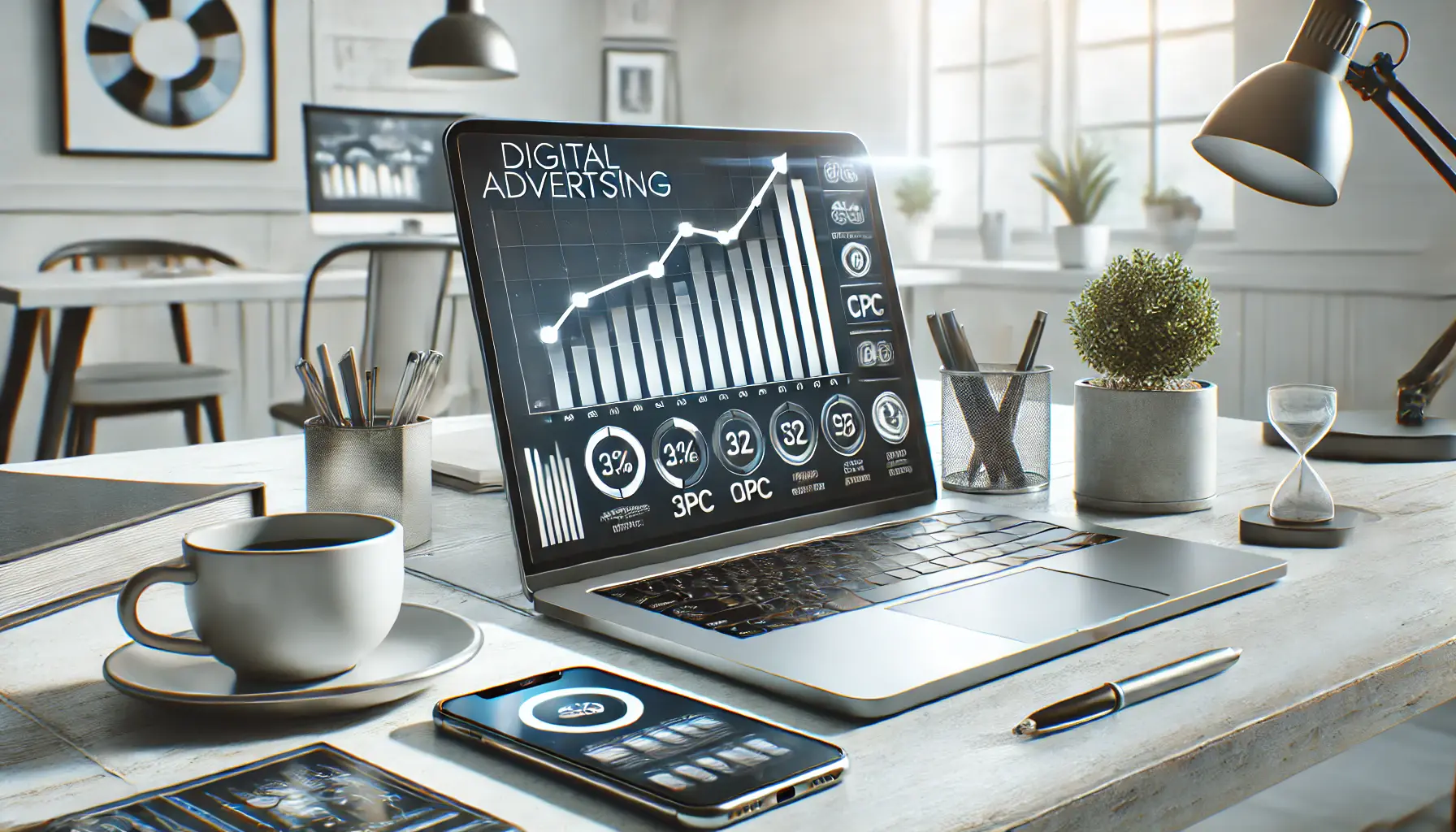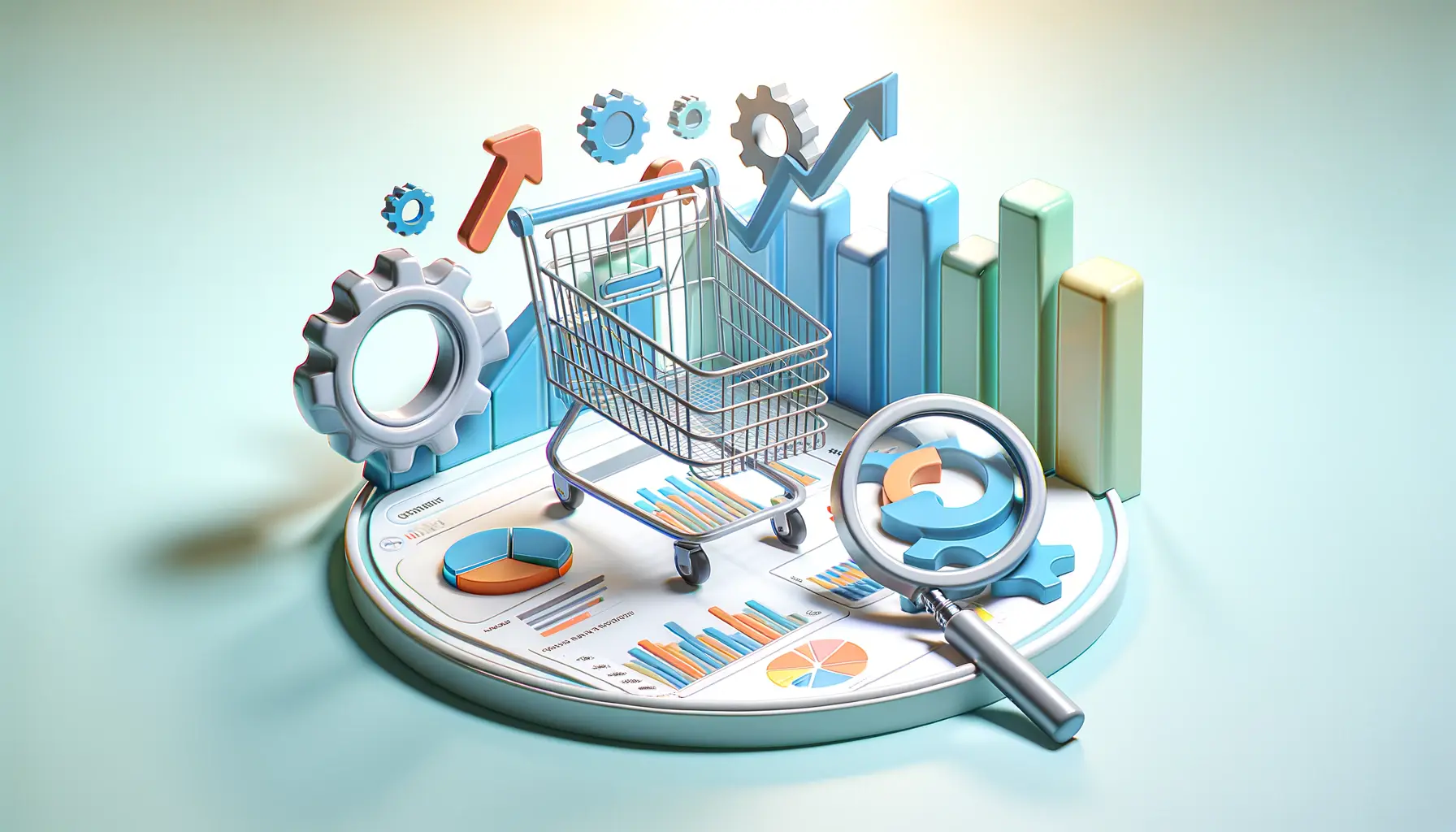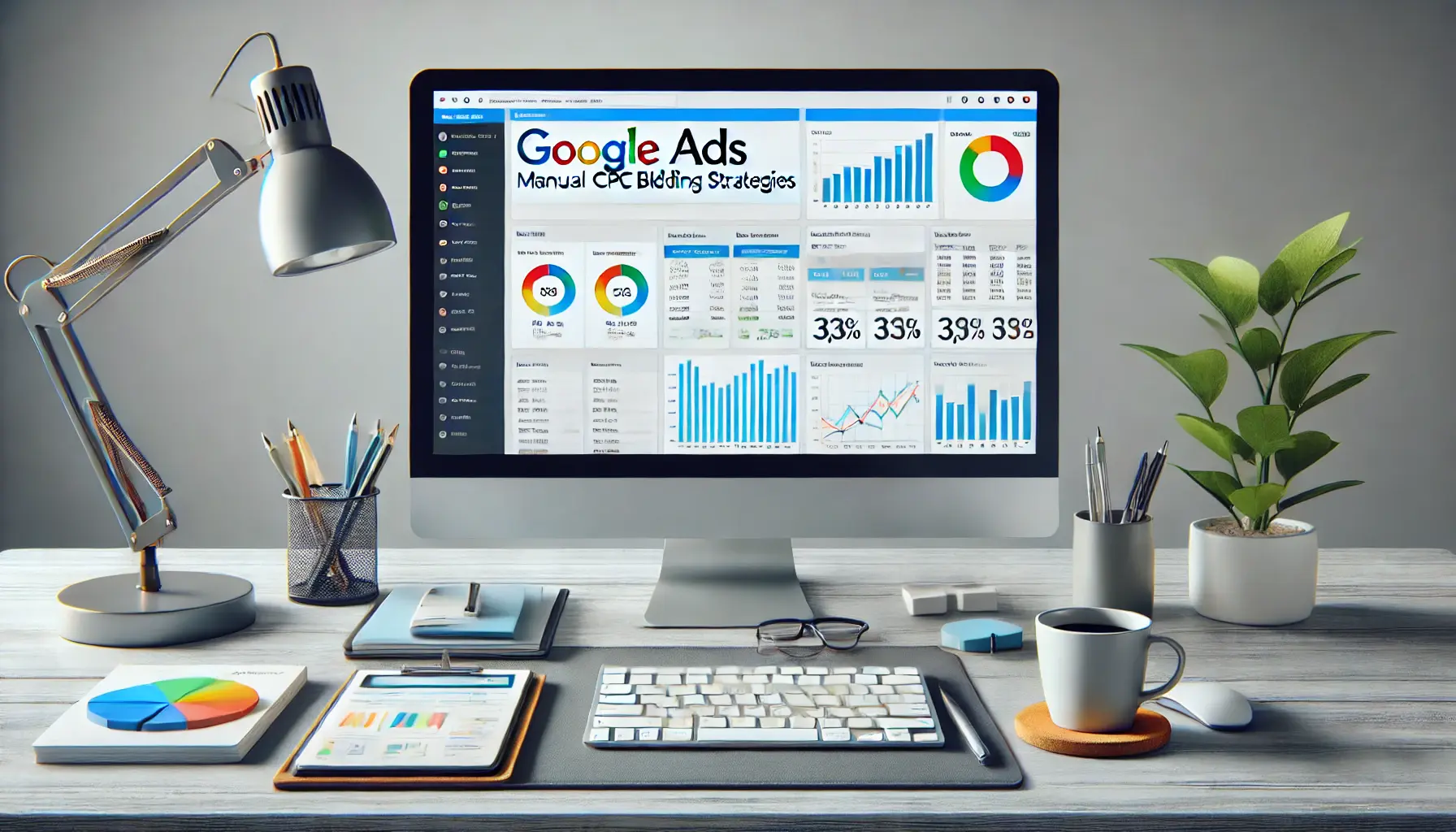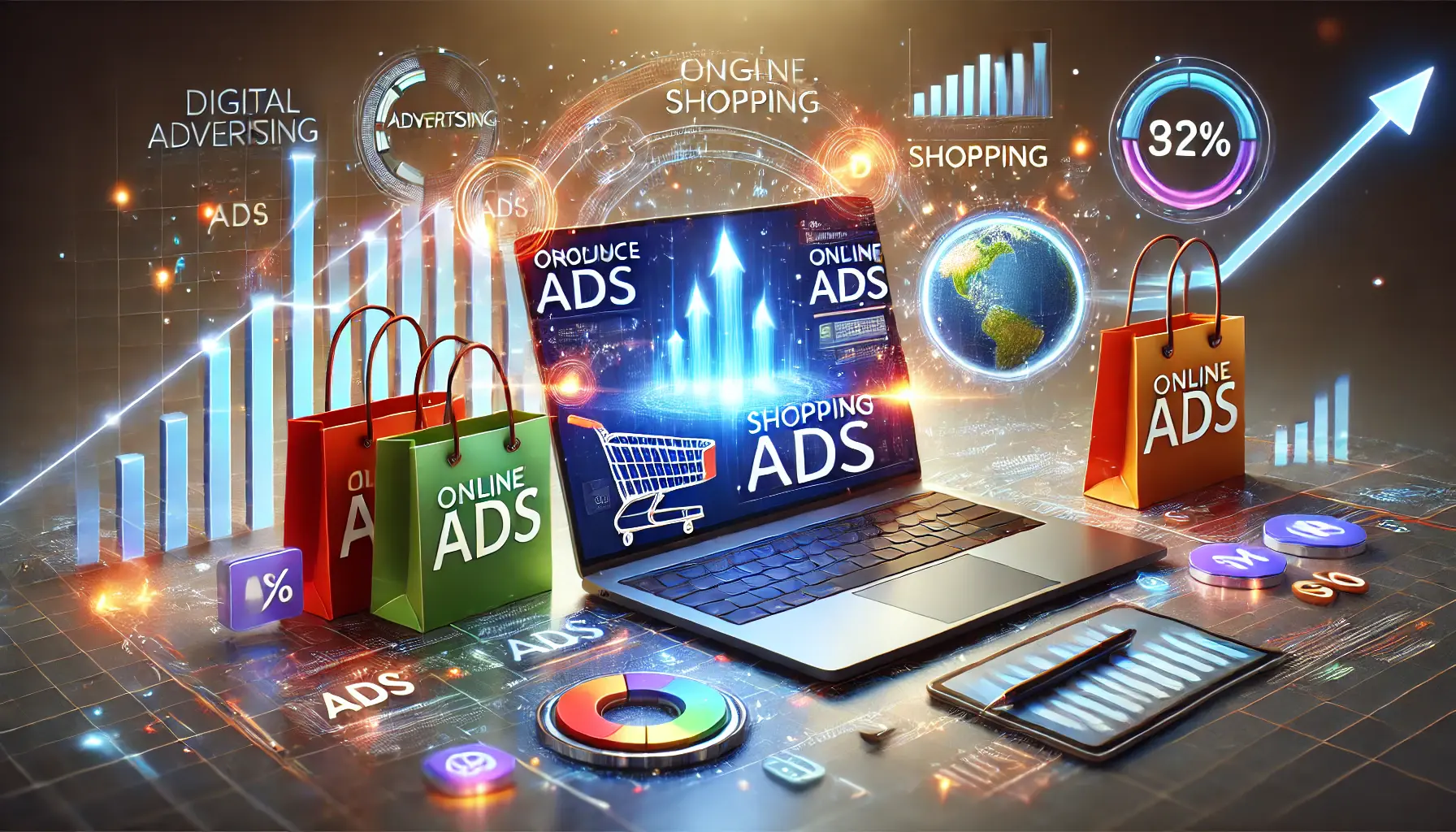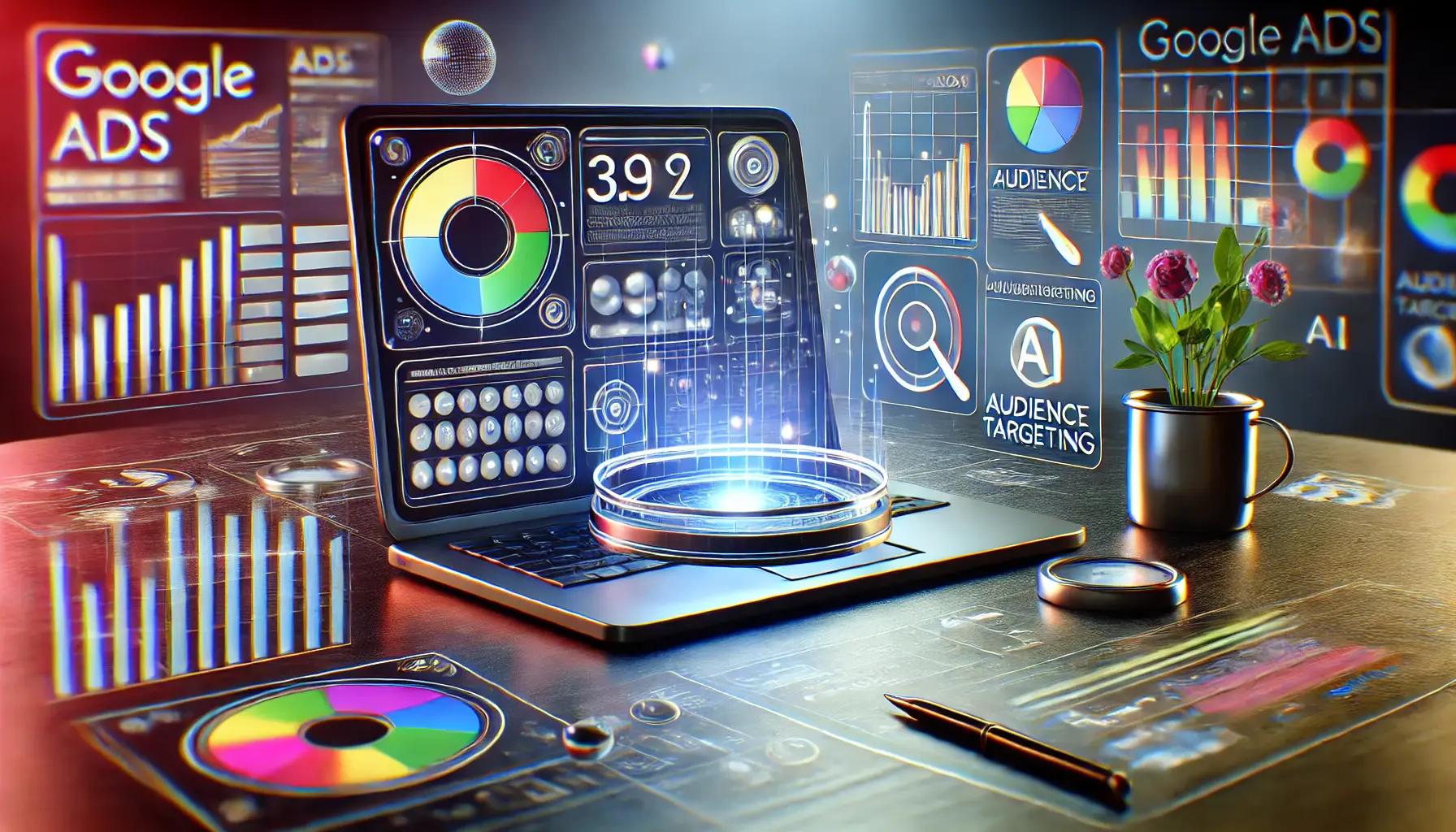Running successful Shopping campaigns in 2024 means implementing newer and more effective strategies.
This involves utilizing powerful tools like Enhanced CPC, which optimizes ad spend for high conversions.
But what exactly is Enhanced CPC, and how can this technique improve the performance of Google Shopping campaigns?
This article explains in detail the mechanism behind Enhanced CPC and its ability to amplify your advertising efforts.
- What Is Enhanced CPC and How Does It Work?
- Setting Up Enhanced CPC in Google Shopping Campaigns
- Benefits of Enhanced CPC for Shopping Campaigns
- Challenges and Limitations of Enhanced CPC
- How to Maximize Success with Enhanced CPC
- Key Takeaways on How to Leverage Enhanced CPC in 2024
- Frequently Asked Questions About Enhanced CPC
What Is Enhanced CPC and How Does It Work?
Enhanced CPC, or Enhanced Cost-Per-Click, is a bidding strategy in Google Ads that helps advertisers maximize their ROIReturn on Investment, a measure of profitability. through dynamic bid adjustments.
Unlike manual CPC bidding, Enhanced CPC leverages Google’s machine learningA branch of artificial intelligence that allows systems to learn and improve from experience. algorithms to analyze historical data and predict the likelihood of conversions.
This strategy automatically increases bids for clicks deemed more likely to convert while lowering bids for less promising clicks.
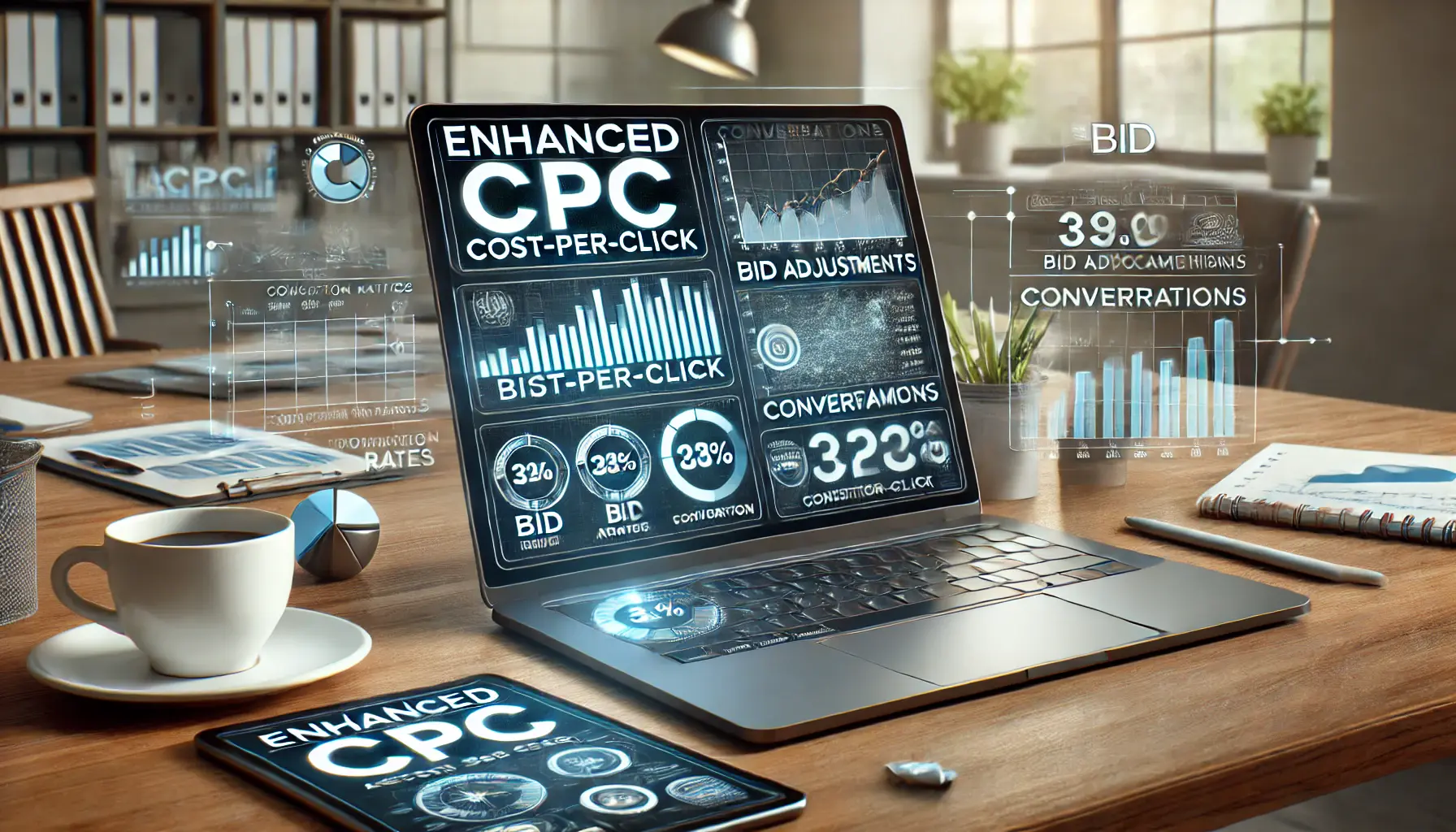
A focused workspace illustrating dynamic bid adjustments and analytics for Enhanced CPC.
Definition of Enhanced CPC
At its core, Enhanced CPC is a semi-automated bidding strategy.
While you set a base maximum CPC for your campaign, Google adjusts your bids in real time.
This flexibility ensures your ad budget is allocated effectively, targeting potential customers with a higher probability of taking action, such as making a purchase.
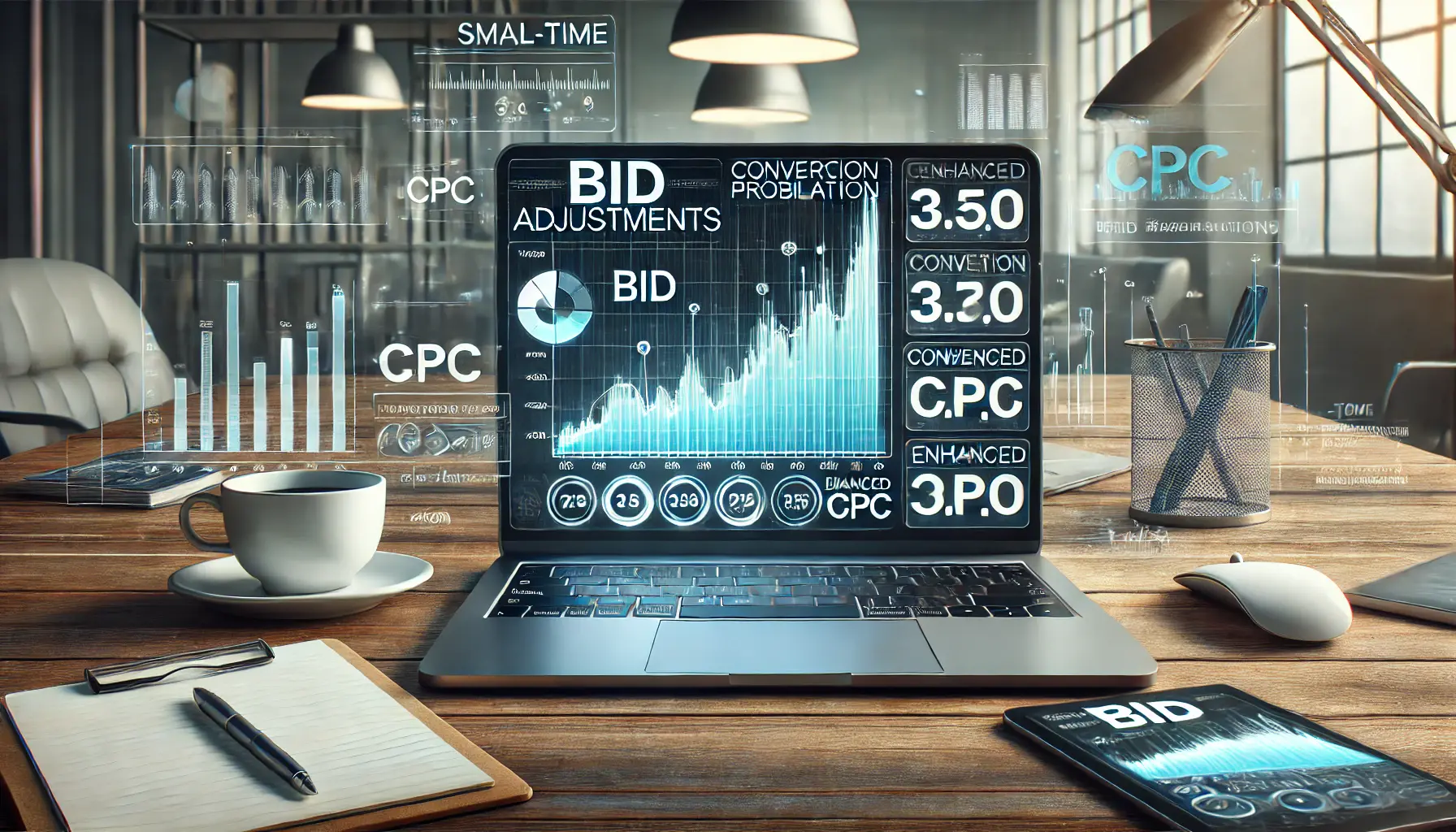
A dynamic workspace illustrating real-time bid adjustments and smart decision-making in Enhanced CPC campaigns.
How Enhanced CPC Adjusts Bids Dynamically
Enhanced CPC works by analyzing various factors, including user behavior, device type, time of day, and geographic location.
Based on these insights, Google increases bids by up to 30% for highly likely conversions and reduces them for lower chances of success.
This dynamic adjustment ensures optimal use of your ad spend.
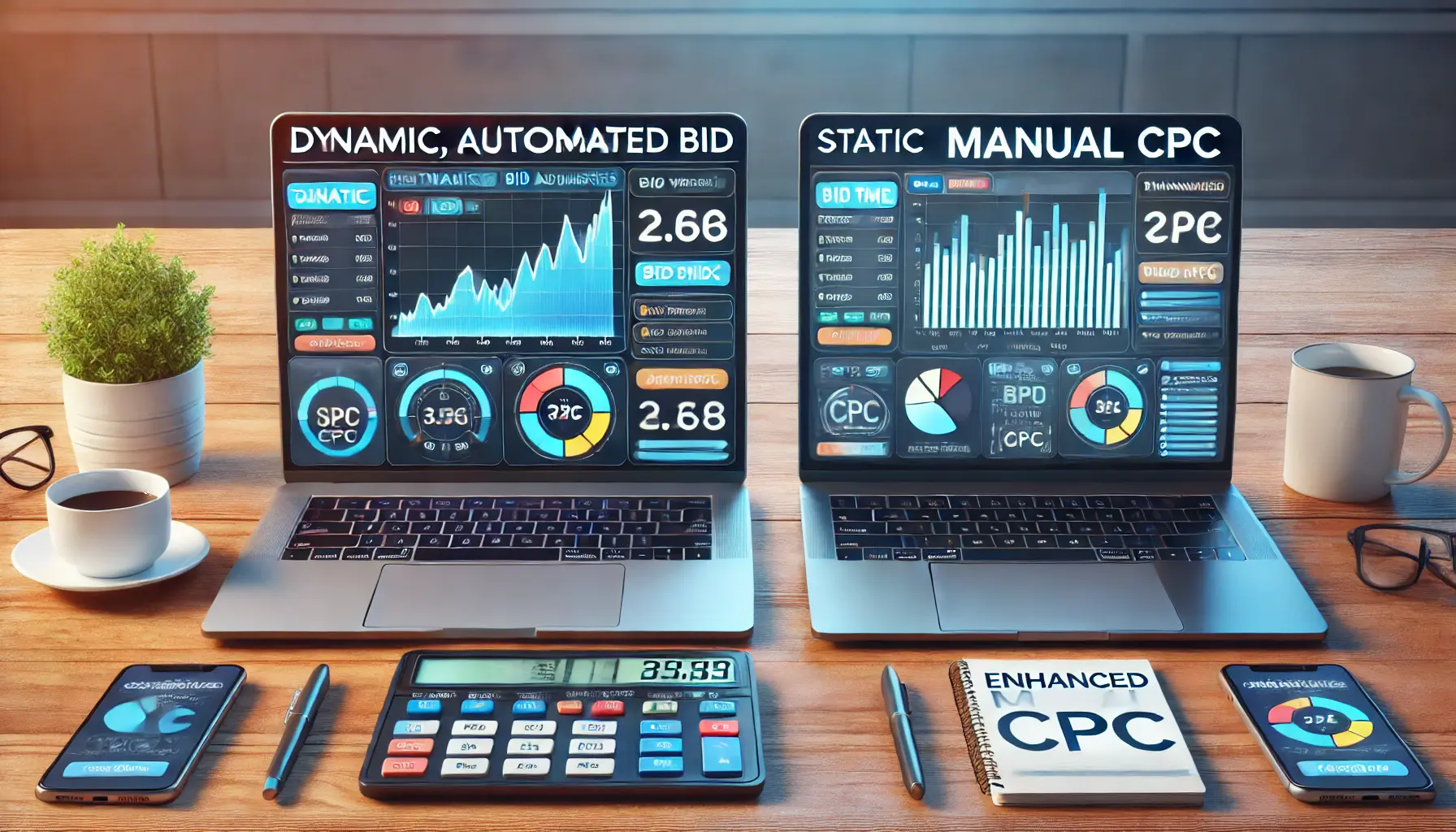
A workspace highlighting the contrast between automated Enhanced CPC and manual bidding strategies.
Enhanced CPC vs Manual CPC: Key Differences
While manual CPC gives advertisers full control over their bids, it lacks the predictive capabilities of Enhanced CPC.
Enhanced CPC combines the control of manual bidding with the intelligence of machine learning, resulting in smarter and more efficient ad spending.
If you’re looking to strike a balance between control and automation, Enhanced CPC is an excellent choice.
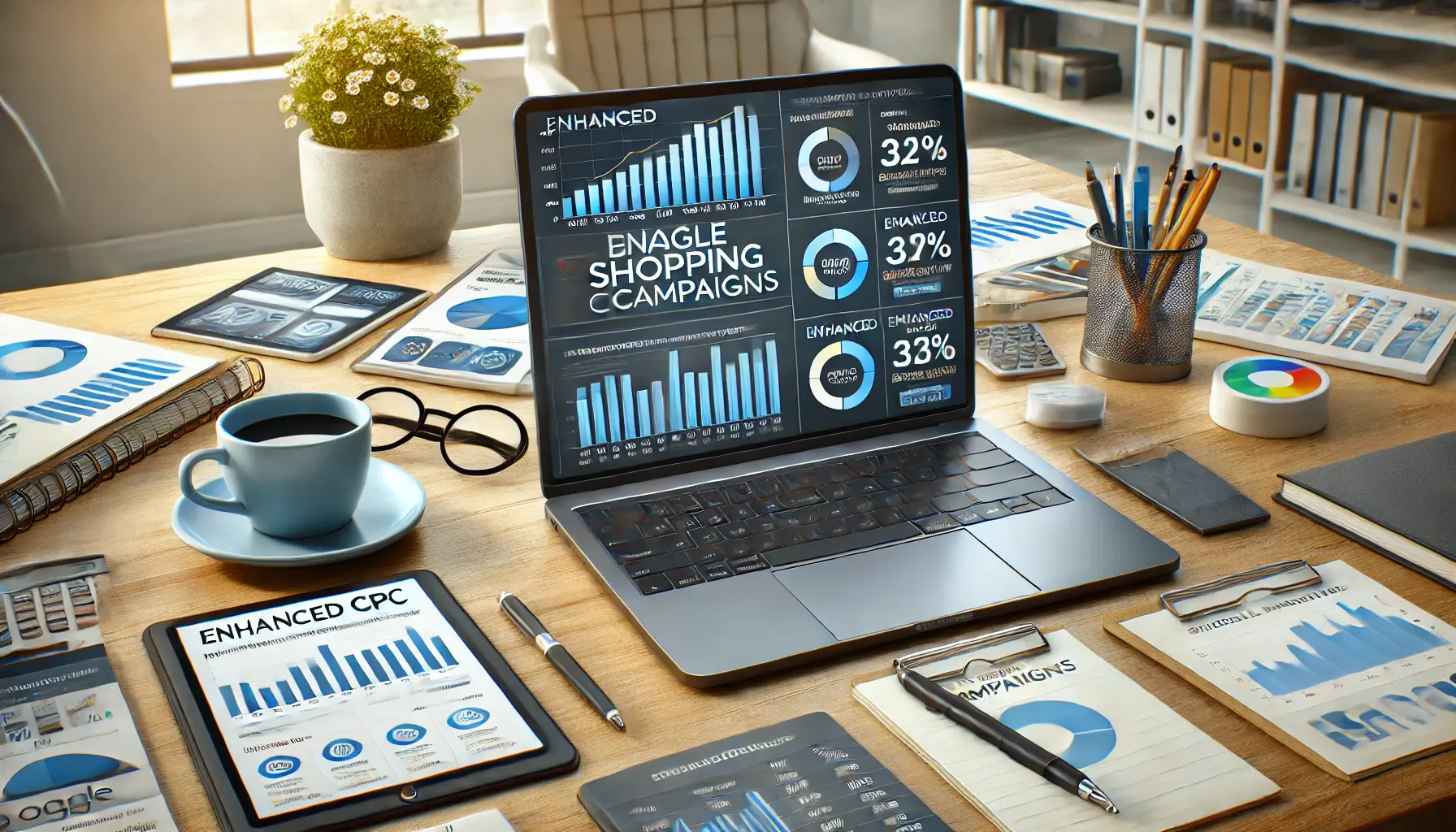
A workspace illustrating the benefits of Enhanced CPC in optimizing Google Shopping campaigns.
Why Use Enhanced CPC in Google Shopping Campaigns
Enhanced CPC offers a compelling value proposition for shopping campaigns.
It improves ROI by automatically adjusting bids based on conversion probability while simplifying campaign management.
For advertisers looking to drive more conversions without micromanaging every detail, Enhanced CPC is a must-have tool.
Enhanced CPC leverages machine learning to dynamically adjust bids, making it a powerful tool for advertisers aiming to improve conversions.
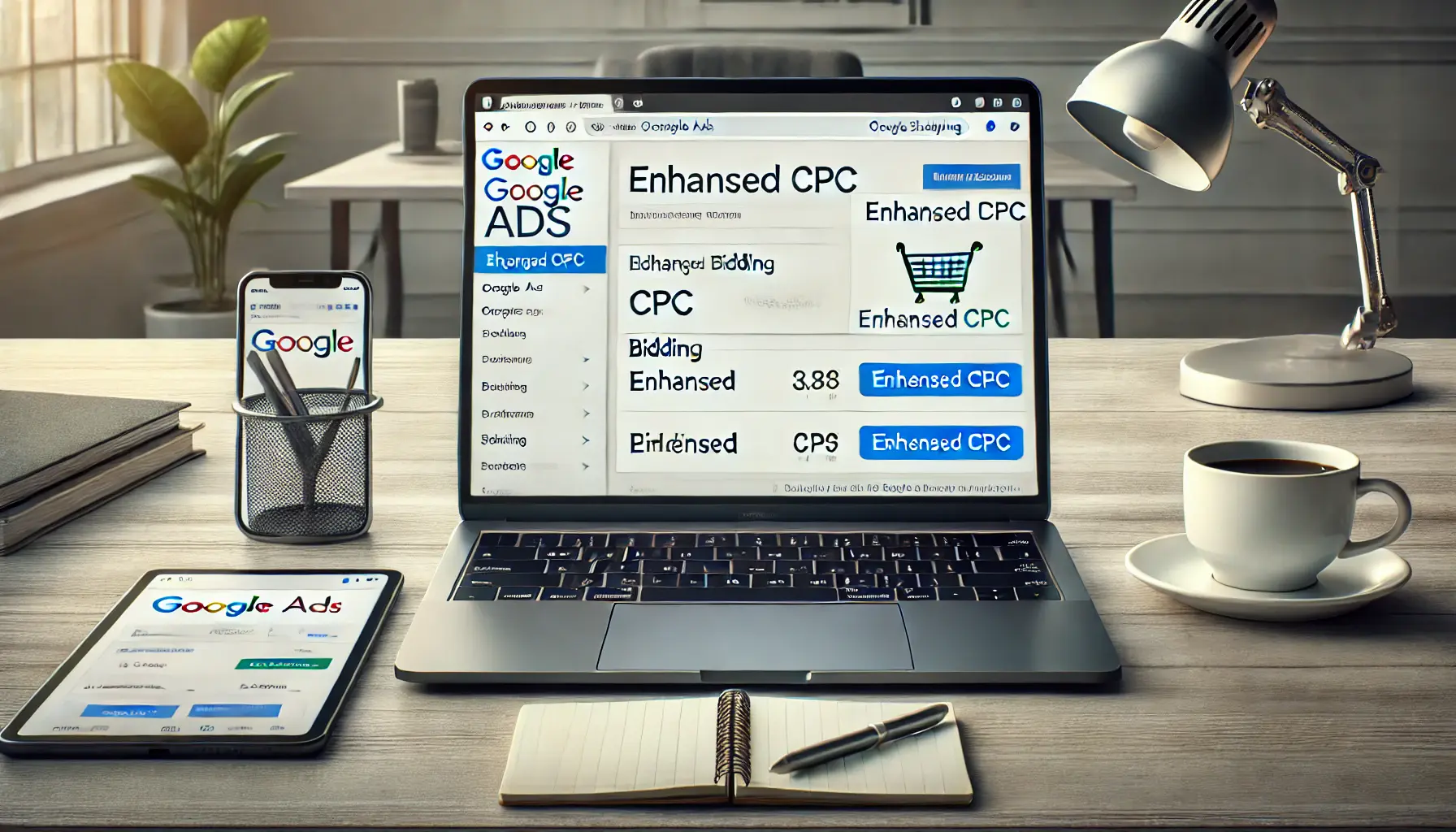
A workspace focused on setting up Enhanced CPC for Google Shopping campaigns using the Google Ads interface.
Setting Up Enhanced CPC in Google Shopping Campaigns
Setting up Enhanced CPC in your Google Shopping campaigns is relatively easy, but ensuring it aligns with your goals requires careful planning and setup.
By understanding the steps and best practices, you can make the most of this advanced bidding strategy to improve conversions and maximize your return on investment.
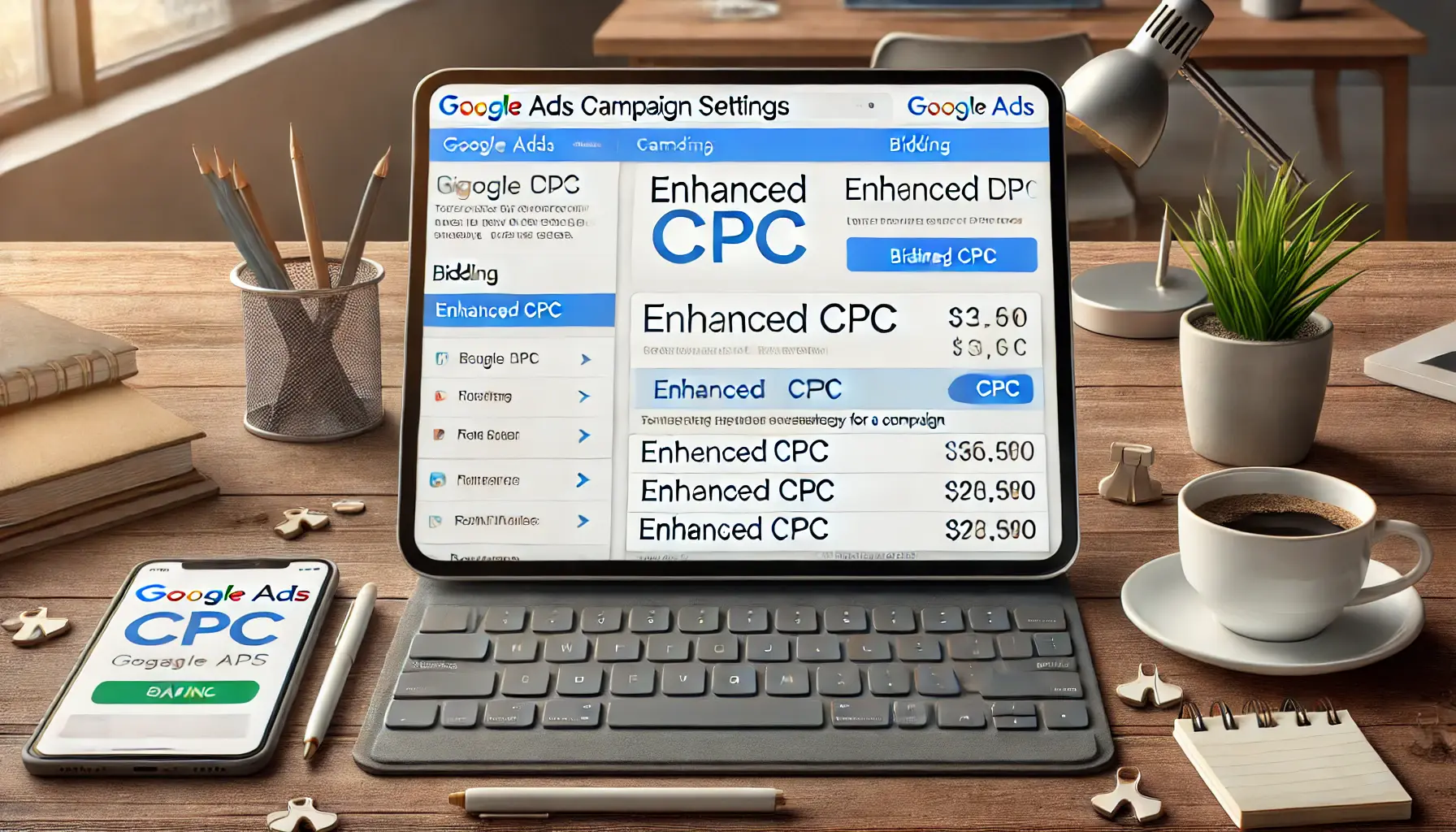
A workspace demonstrating the process of enabling Enhanced CPC in Google Ads campaign settings.
How to Enable Enhanced CPC in Your Campaign Settings
Enabling Enhanced CPC is straightforward and can be done directly in the campaign settings of your Google Ads account:
- Navigate to the campaign you want to optimize with Enhanced CPC.
- Click on the Settings tab.
- Under the Bidding section, select Enhanced CPC as your bidding strategy.
- Save your changes to activate Enhanced CPC for the campaign.
Once activated, Google’s algorithms will begin adjusting bids dynamically based on real-time conversion probability.
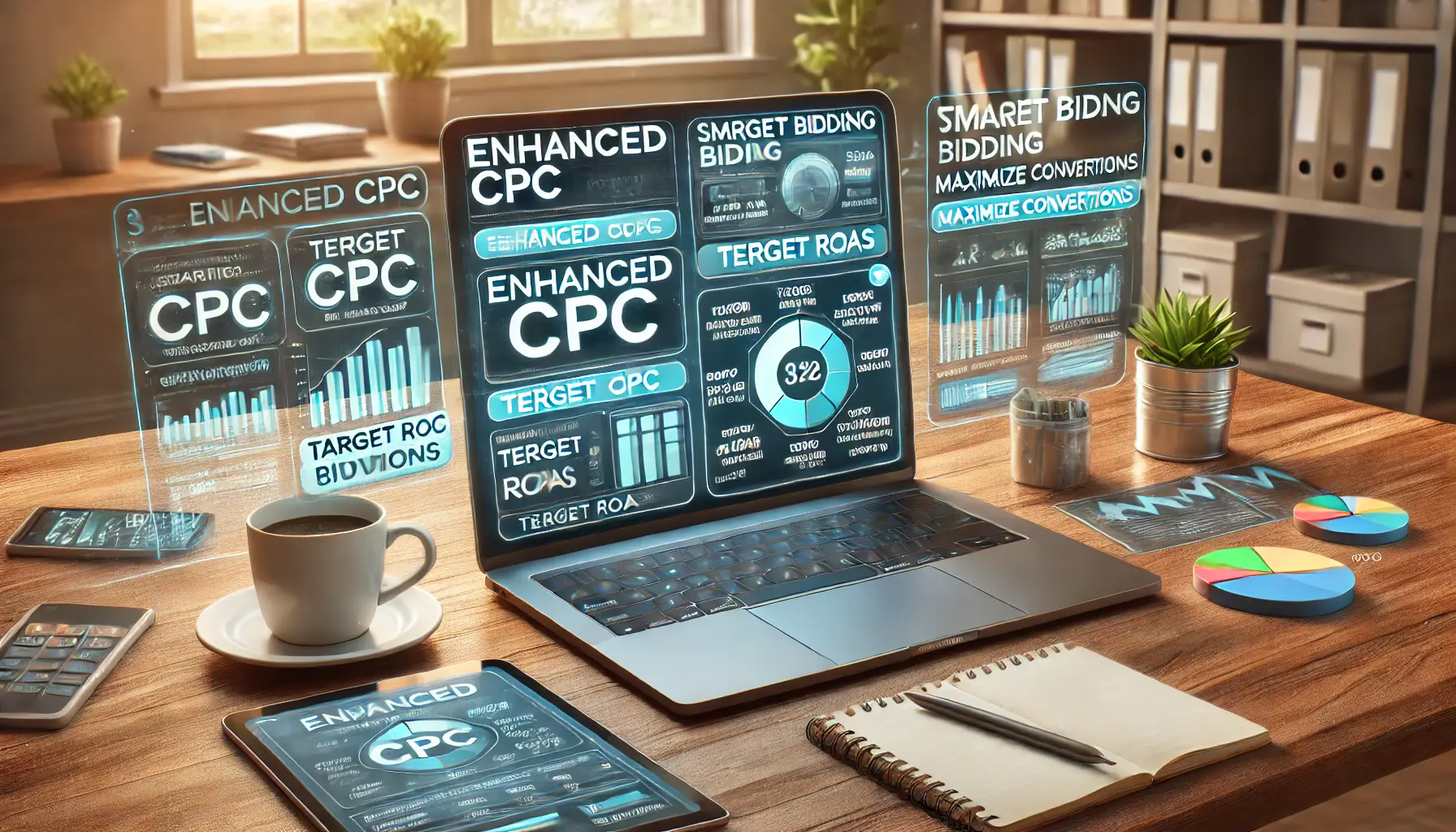
A workspace illustrating the integration of Enhanced CPC with other smart bidding strategies for optimized ad campaigns.
Integrating Enhanced CPC with Smart Bidding Strategies
Enhanced CPC can work in tandem with other Smart Bidding strategies, such as Target ROASA Smart Bidding strategy that aims to achieve a specific Return on Ad Spend. (Return on Ad Spend) or Maximize Conversions.
To integrate Enhanced CPC effectively:
- Review your campaign goals and determine if Enhanced CPC aligns with them.
- Combine Enhanced CPC with remarketing lists to target high-value customers more effectively.
- Monitor performance metrics to ensure the strategy complements other bidding methods without conflict.
This integration can amplify your campaign’s efficiency, allowing you to achieve both volume and value from your ad spend.
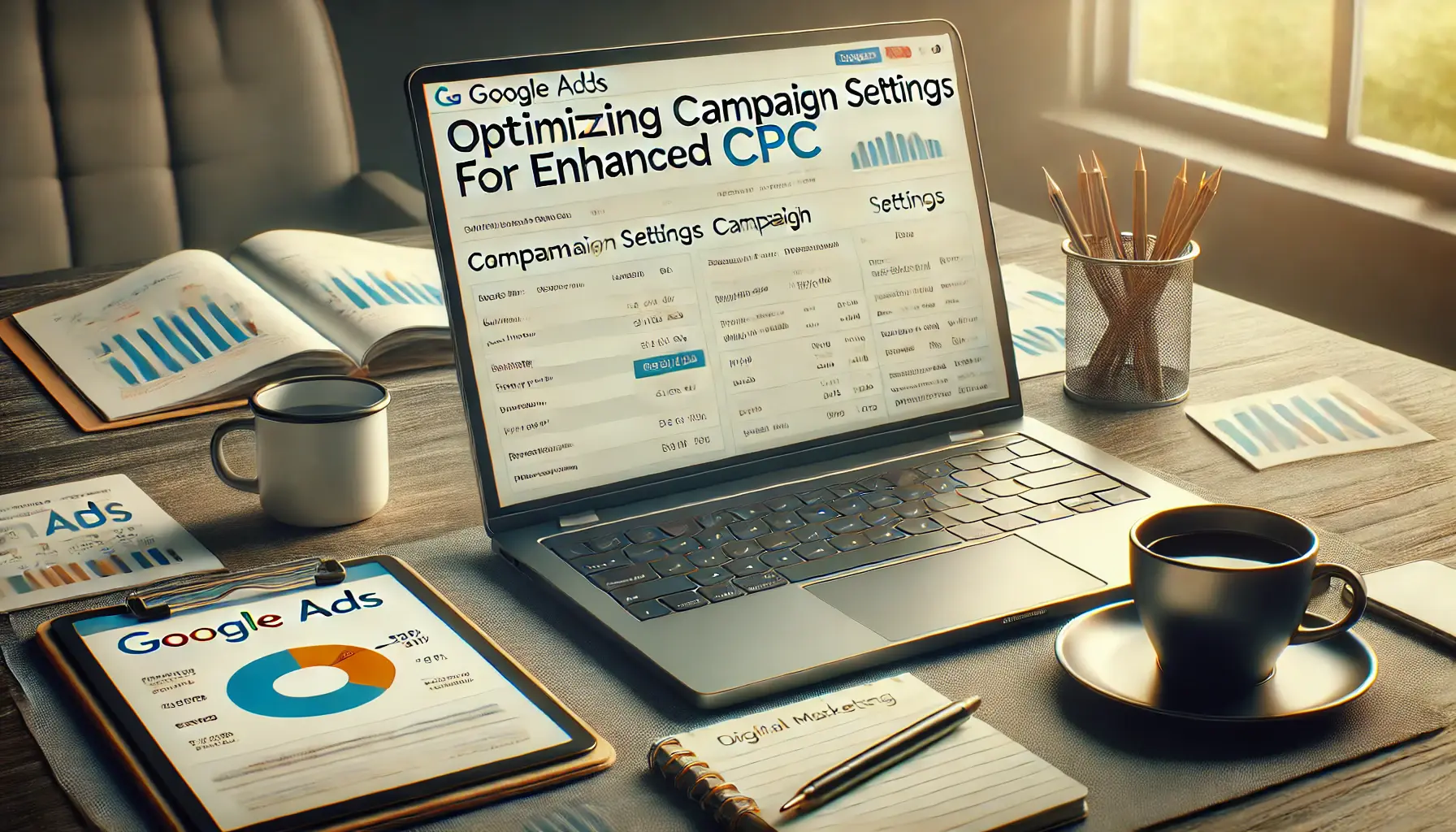
A workspace focusing on optimizing campaign settings with Enhanced CPC for better ad performance.
Tips for Optimizing Campaign Settings with Enhanced CPC
Optimizing your campaign settings is crucial to getting the best results from Enhanced CPC.
Consider the following tips:
- Ensure your product feed is up-to-date with accurate descriptions and prices.
- Use negative keywords to filter out irrelevant traffic and save budget.
- Set realistic daily budgets to allow Enhanced CPC to adjust bids effectively.
- Analyze performance regularly and make adjustments to product group segmentation for better targeting.
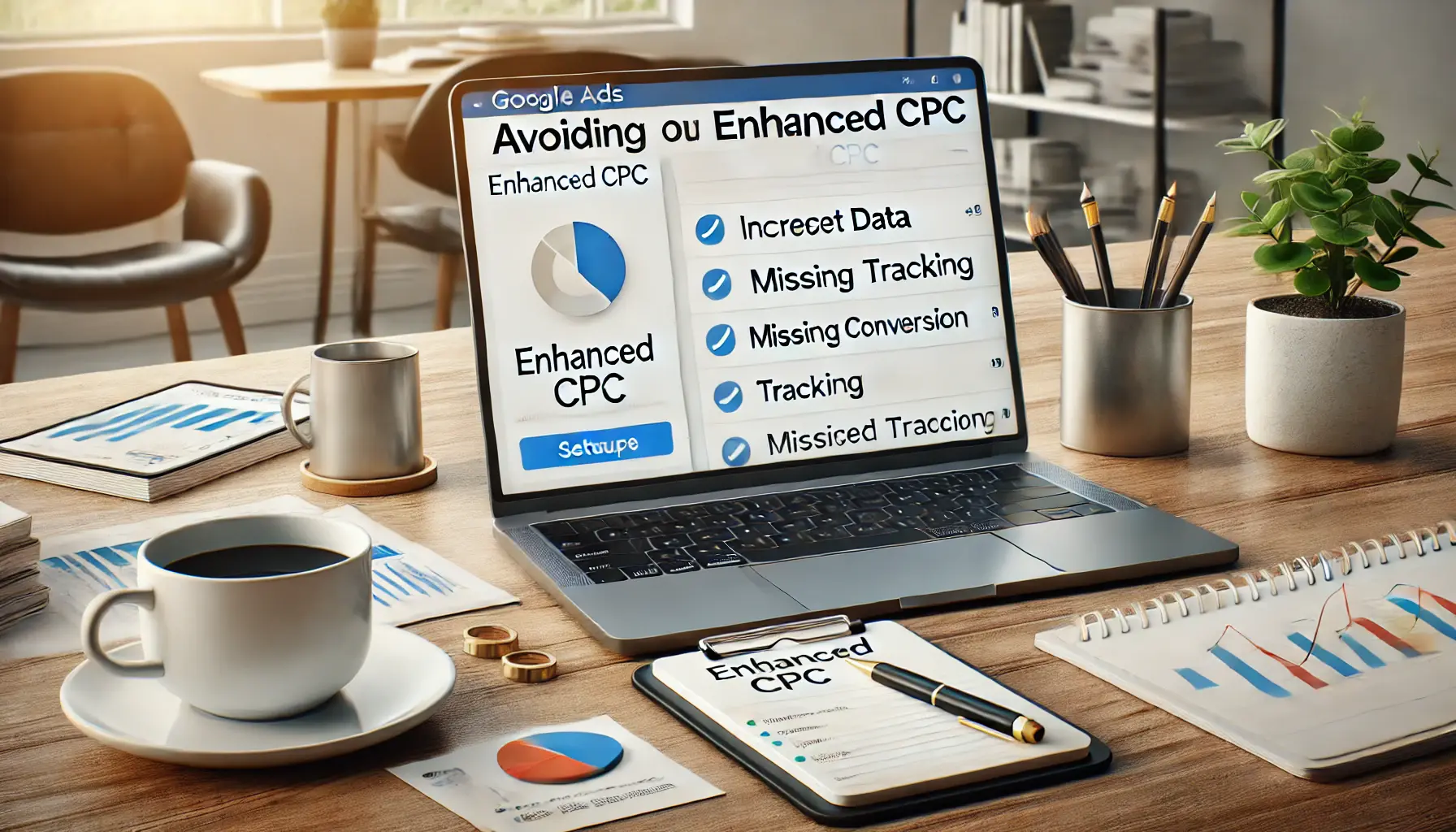
A workspace illustrating common mistakes to avoid during the Enhanced CPC setup process in digital marketing.
Common Mistakes to Avoid During Setup
While setting up Enhanced CPC is easy, some common mistakes can hinder its effectiveness:
- Over-reliance on automation: Regularly monitor performance and make necessary manual adjustments to stay aligned with your goals.
- Neglecting data quality: Poorly optimized product feeds or inaccurate data can negatively impact campaign performance.
- Ignoring testing: Always run A/B tests to evaluate how Enhanced CPC performs compared to other strategies.
- Not setting conversion tracking: Enhanced CPC relies on accurate conversion data to make informed bid adjustments.
By avoiding these pitfalls, you can maximize the potential of Enhanced CPC and drive meaningful results in your Google Shopping campaigns.
Follow best practices when setting up Enhanced CPC to ensure it aligns with your campaign goals and maximizes ROI.
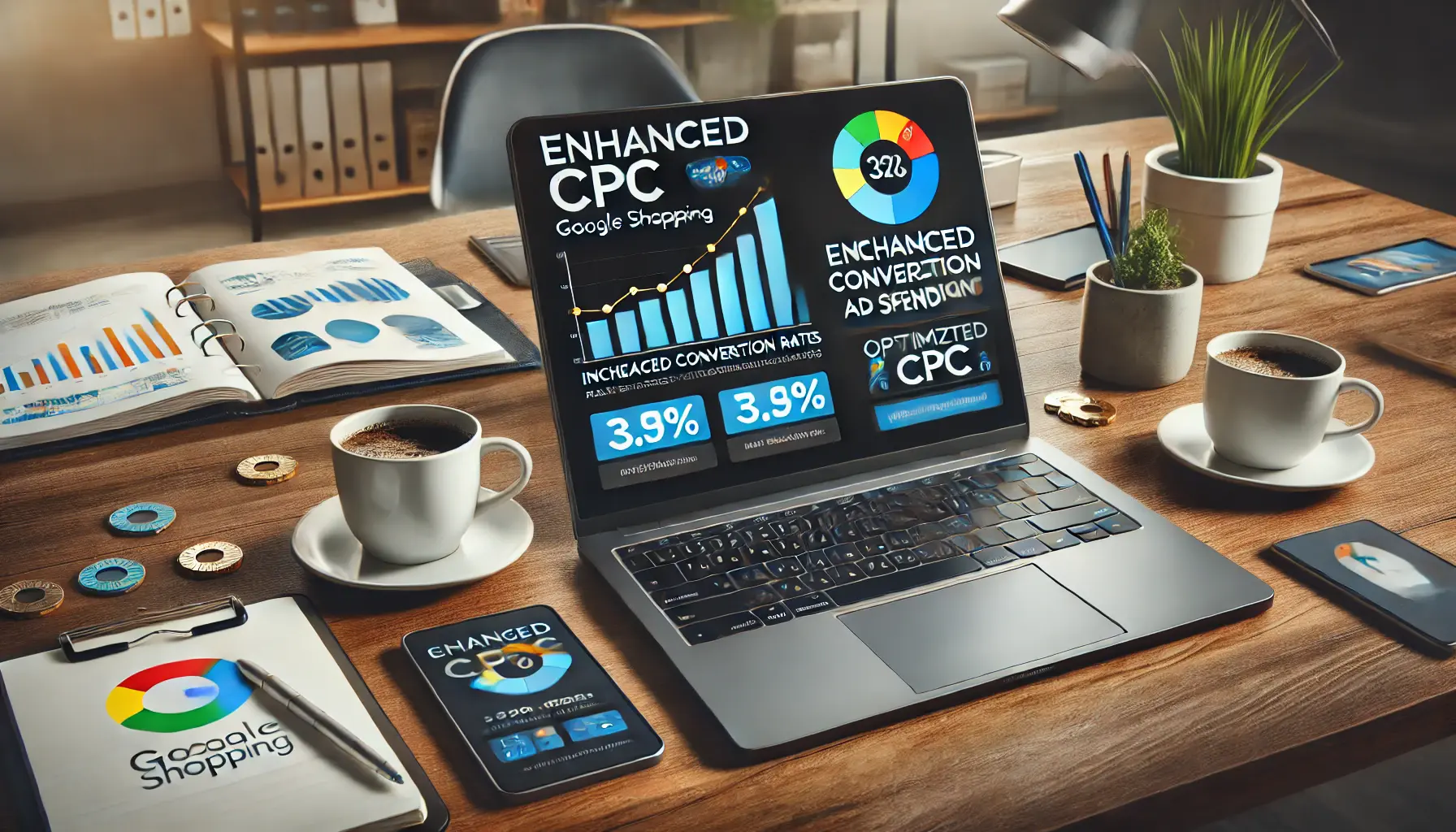
A workspace highlighting the benefits of Enhanced CPC for optimizing Google Shopping campaigns.
Benefits of Enhanced CPC for Shopping Campaigns
Enhanced CPC is a great approach for advertisers who need or want to increase the performance level of their Google Shopping campaigns with the help of advanced machine learning.
From improving conversion rates to optimizing ad spend, this bidding strategy can transform your approach to digital advertising.
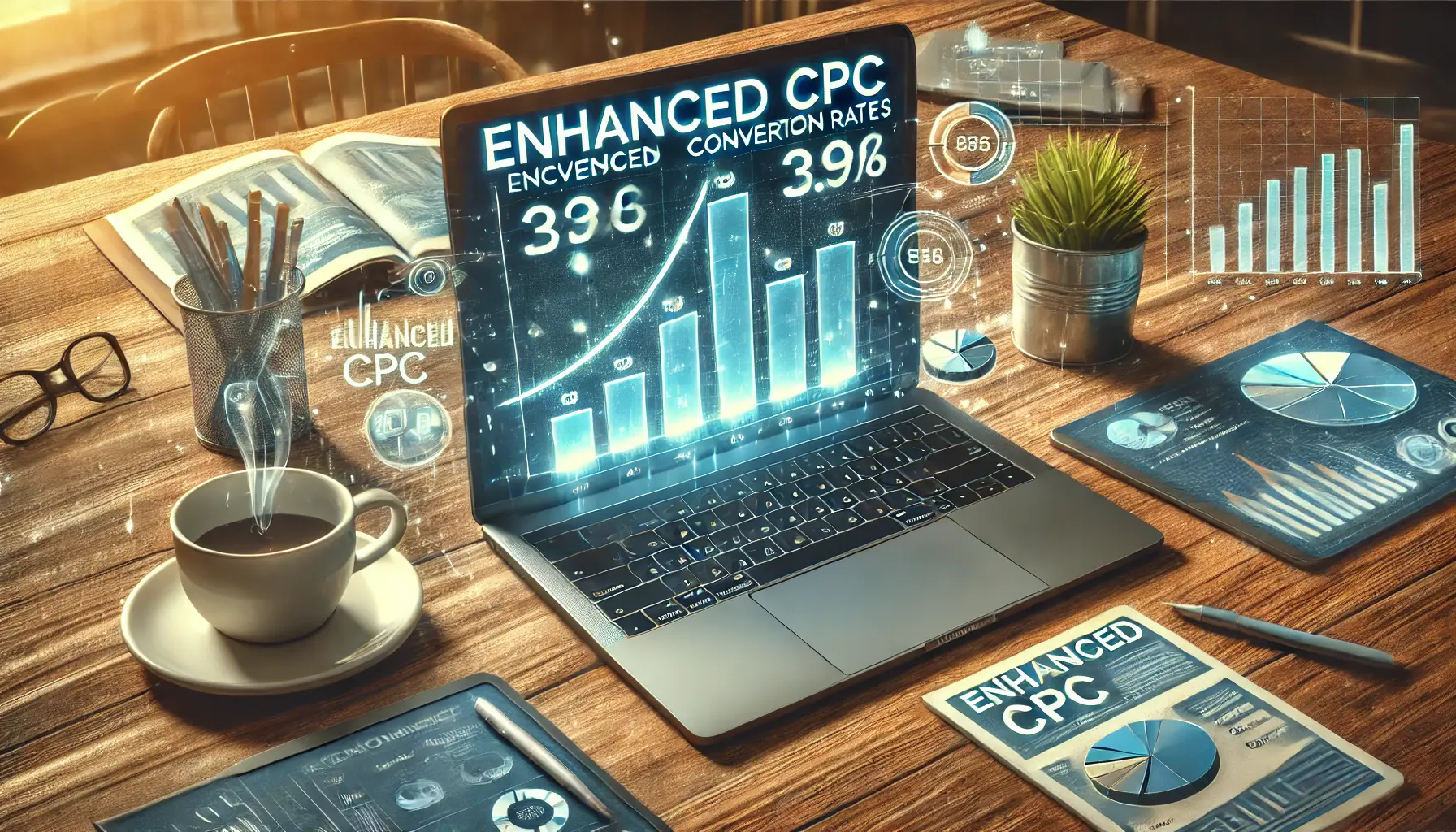
A workspace illustrating the impact of Enhanced CPC on increasing conversion rates in digital marketing.
Increased Conversion Rates with Enhanced CPC
One of the most significant benefits of Enhanced CPC is its ability to increase conversion rates.
By analyzing real-time data and historical trends, Enhanced CPC adjusts your bids to prioritize high-conversion opportunities.
This ensures your budget is spent on clicks with the highest potential to lead to sales or other desired actions.
- Focuses on audiences with a higher likelihood of conversion.
- Reduces spend on low-value clicks.
- Improves overall campaign efficiency and ROI.
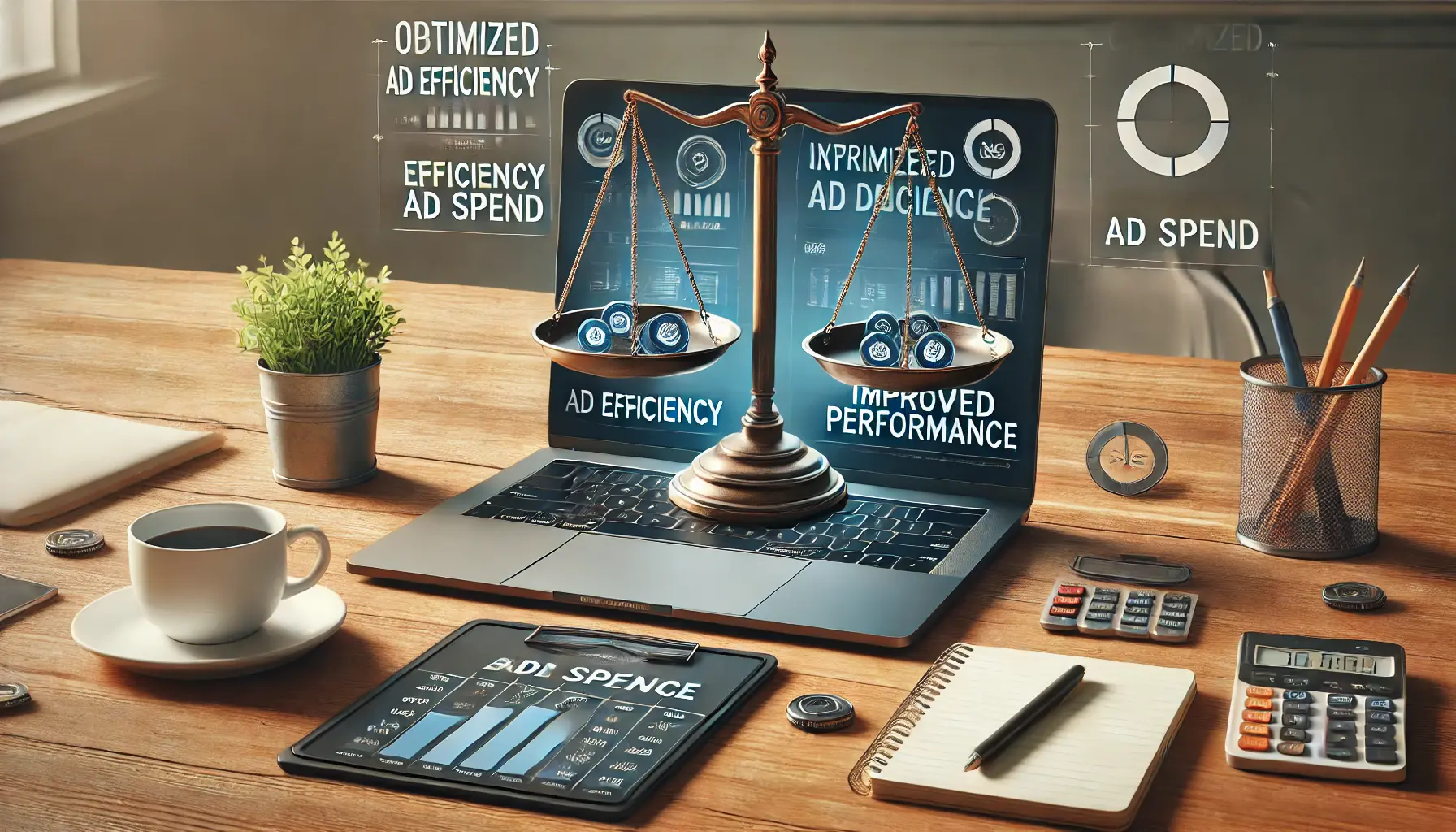
A workspace highlighting the balance between budget efficiency and performance in digital marketing campaigns.
Balancing Budget Efficiency and Performance
Enhanced CPC strikes a balance between budget efficiency and campaign performance.
This, in turn, helps maximize ad spend by allocating more budget where it’s needed most.
With its dynamic bid adjustments, you can achieve higher returns without significantly increasing your advertising budget.
- Optimizes spend for the most valuable clicks.
- Reduces wasteful spending on low-converting traffic.
- Helps achieve better performance with existing budgets.
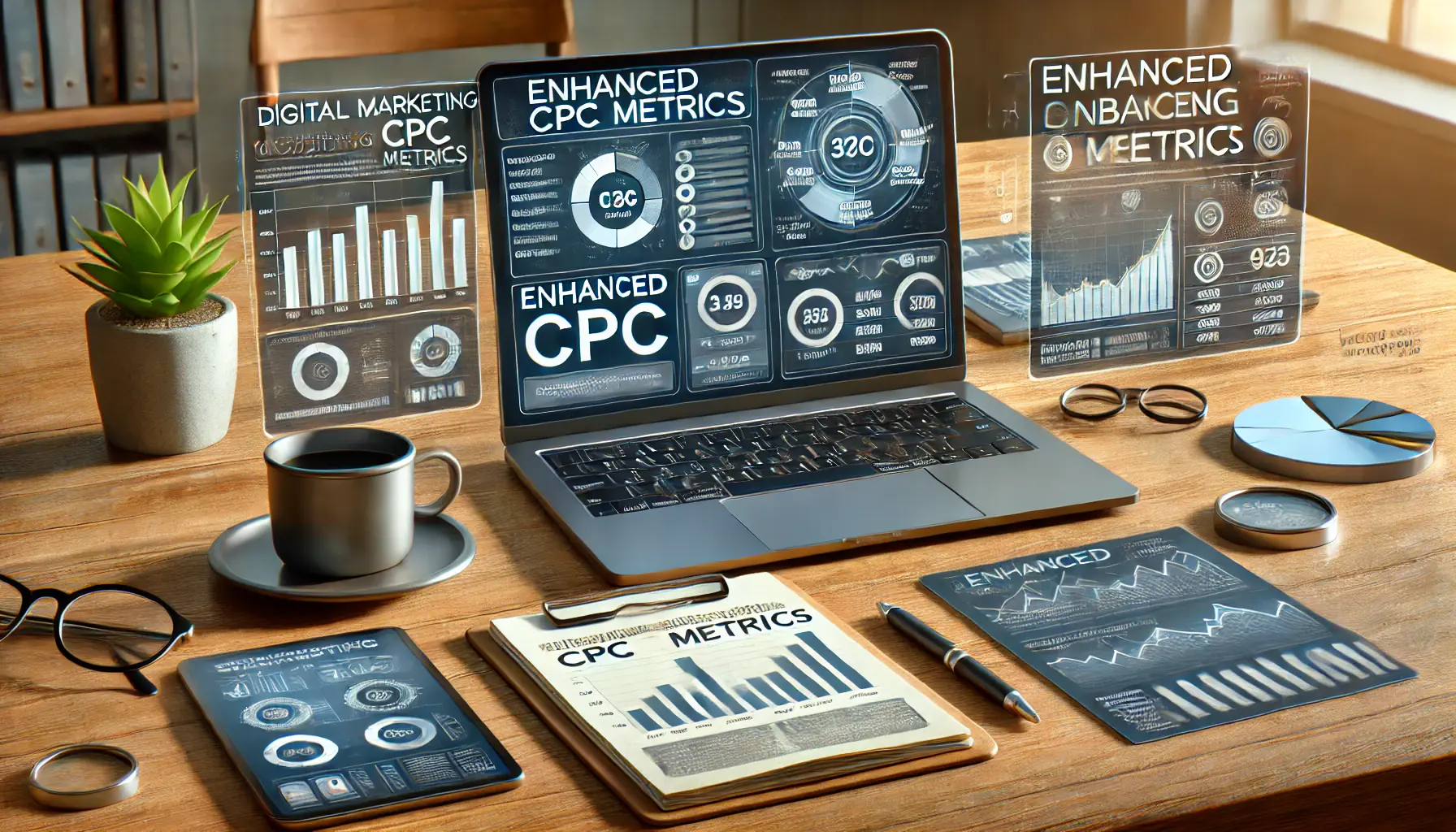
A workspace illustrating the insights gained from Enhanced CPC metrics to refine advertising strategies.
Insights Gained from Enhanced CPC Metrics
Enhanced CPC also provides valuable insights that help you refine your advertising strategies.
By monitoring how your campaigns are performing, you can notice trends and find opportunities to improve.
These insights let you make data-driven decisions that increase your long-term advertising success.
- See which demographics or devices perform best for your campaigns.
- Analyze which keywords or products drive the most conversions.
- Pinpoint when your conversions occur most frequently.
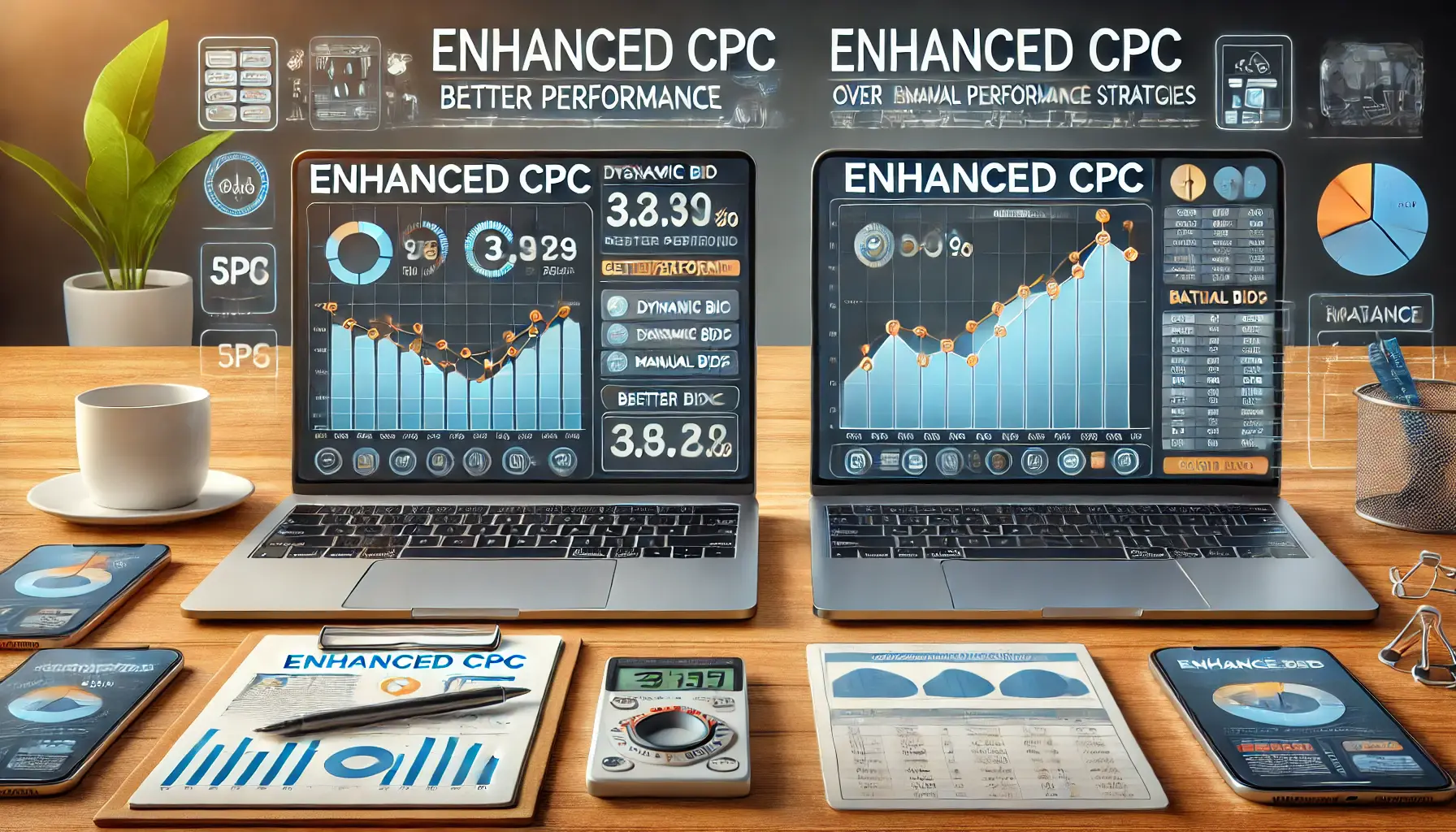
A workspace comparing the improved performance of Enhanced CPC over traditional manual bidding strategies.
Improved Performance Over Manual Bidding Strategies
Though manual CPC bidding offers complete control to the advertiser, it generally involves ongoing monitoring and adjustments.
Enhanced CPC eliminates much of this manual effort through the use of automation in making smarter bidding decisions.
The result is a far more efficient and effective campaign that drives better results with less effort.
- Reduces the need for constant bid management.
- Leverages machine learning to make smarter decisions.
- Allows advertisers to focus on broader campaign strategies.
By adopting Enhanced CPC, advertisers can enjoy these benefits and position their Shopping campaigns for greater success in 2024.
Enhanced CPC drives higher conversion rates and better ad performance by focusing on high-value clicks.

A workspace illustrating the challenges and limitations of using Enhanced CPC in digital marketing.
Challenges and Limitations of Enhanced CPC
While Enhanced CPC offers many advantages for optimizing ad campaigns, it’s not without its challenges and limitations.
Understanding these potential drawbacks can help advertisers make informed decisions and set realistic expectations for their Google Shopping campaigns.
Recognizing where Enhanced CPC may fall short allows you to mitigate risks and maximize its benefits.
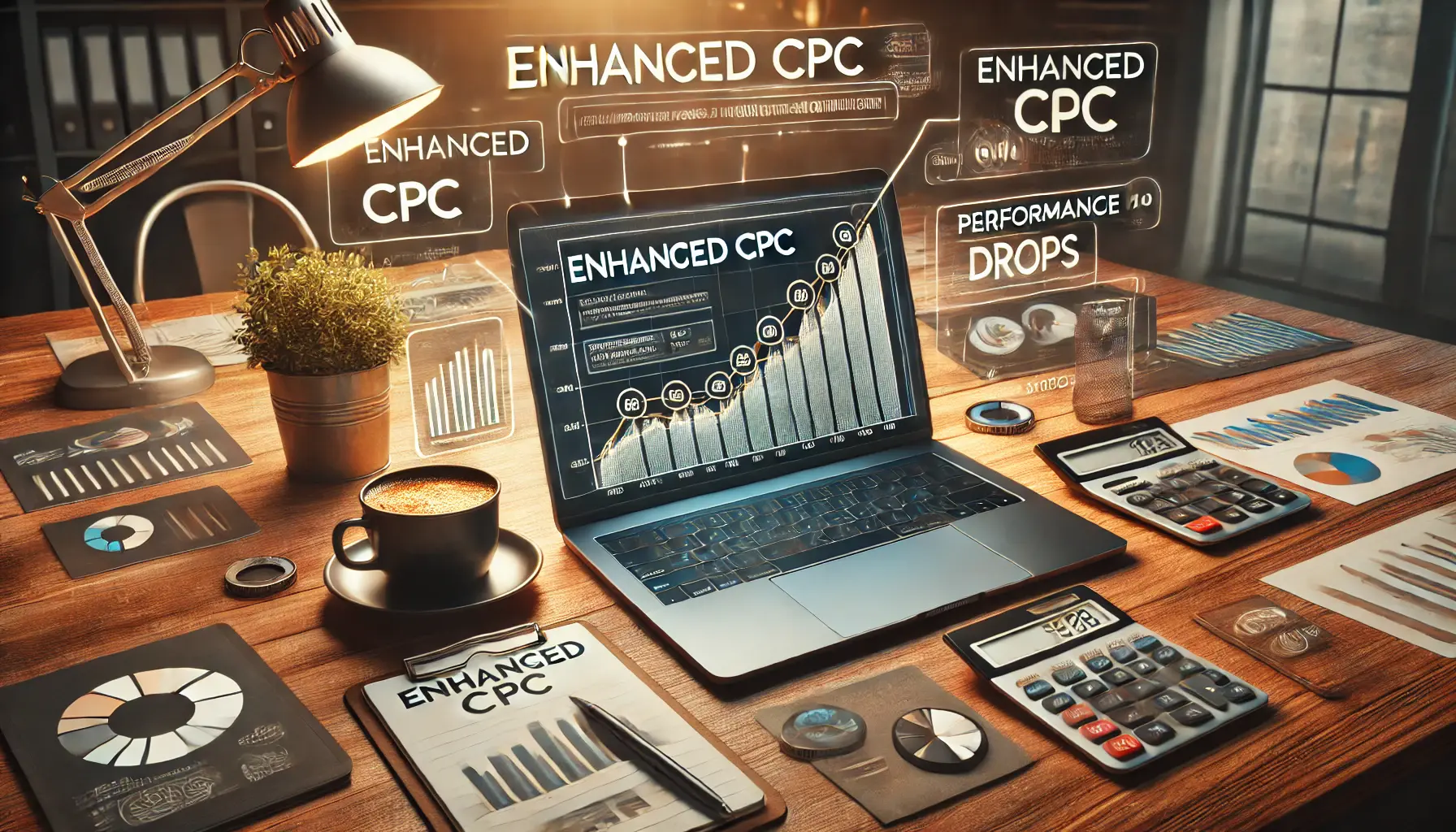
A workspace illustrating the challenges and limitations of Enhanced CPC when it may not be effective.
When Enhanced CPC May Not Be Effective
Enhanced CPC relies heavily on historical data and machine learning to make bidding decisions.
However, in certain scenarios, its effectiveness can be limited:
- Lack of sufficient data: New campaigns or accounts without enough historical performance data may struggle to achieve optimal results with Enhanced CPC.
- Low-volume traffic: Campaigns targeting niche audiences or low-traffic keywords might not provide enough data for the algorithm to work effectively.
- Highly competitive markets: Enhanced CPC may not perform well in industries with aggressive bidding, as it could lead to inflated costs without guaranteed conversions.
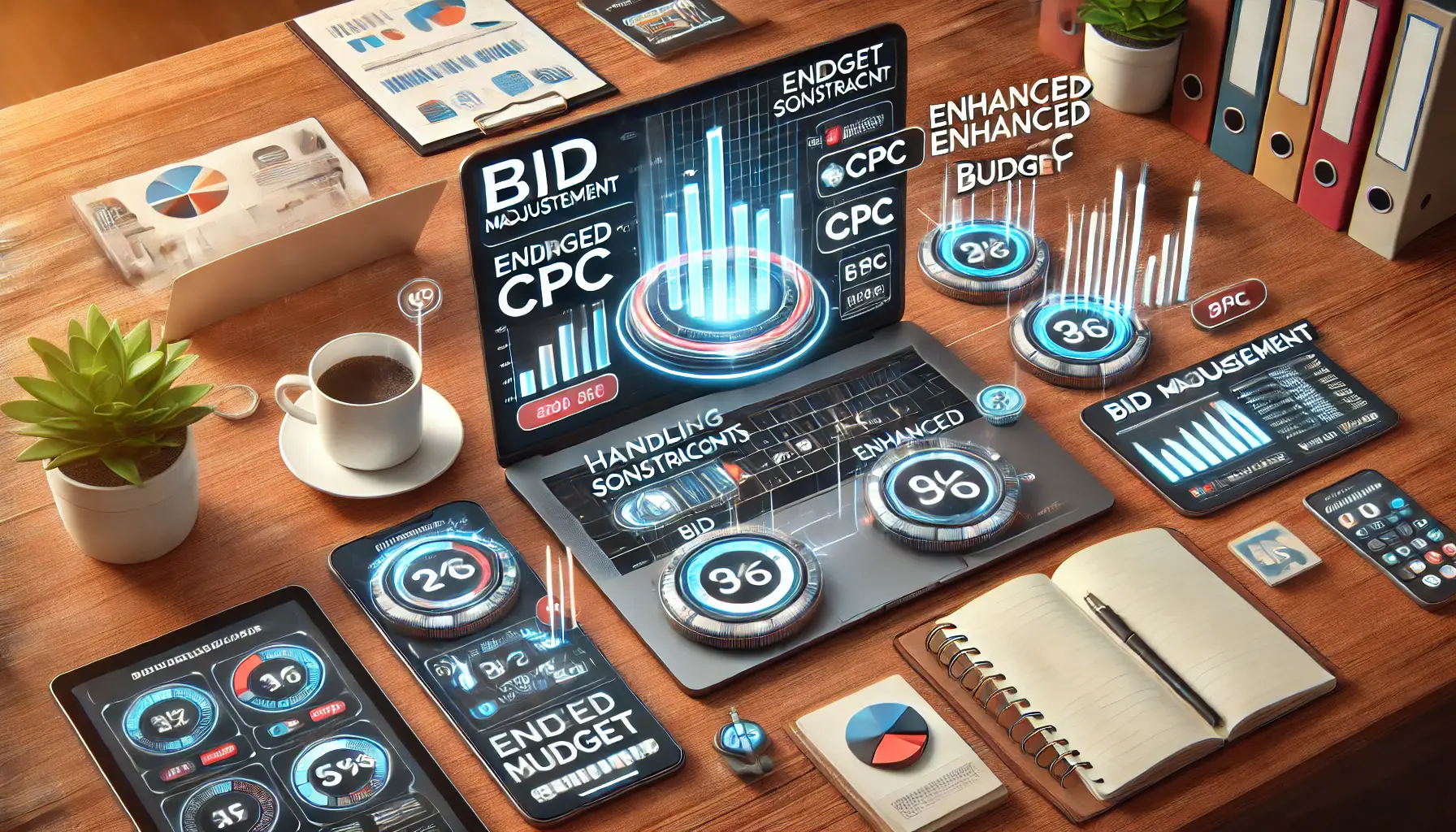
A workspace demonstrating how to handle budget constraints while optimizing bid adjustments with Enhanced CPC.
Handling Budget Constraints with Enhanced CPC
Enhanced CPC dynamically adjusts bids, which can sometimes lead to budget concerns.
Advertisers need to monitor spending closely to avoid exceeding their allocated budgets:
- Set a realistic daily budget to maintain control over spending.
- Regularly review campaign performance to ensure Enhanced CPC adjustments align with your ROI goals.
- Use bid caps to prevent over-bidding in competitive auctions.
Budget constraints can be a significant limitation if not managed properly, as bid adjustments might prioritize high-cost clicks.

A workspace highlighting the challenges of over-relying on AI and machine learning in digital marketing.
Over-reliance on AI and Machine Learning
While automation simplifies campaign management, over-relying on AI and machine learning can introduce risks:
- Limited human oversight: Automated systems may not account for nuanced market conditions or unique business goals.
- Algorithmic errors: Misinterpretation of data trends could lead to suboptimal bid adjustments.
- Lack of customization: Enhanced CPC might not provide the level of precision required for highly tailored campaigns.
Balancing automation with manual intervention is key to addressing these challenges effectively.
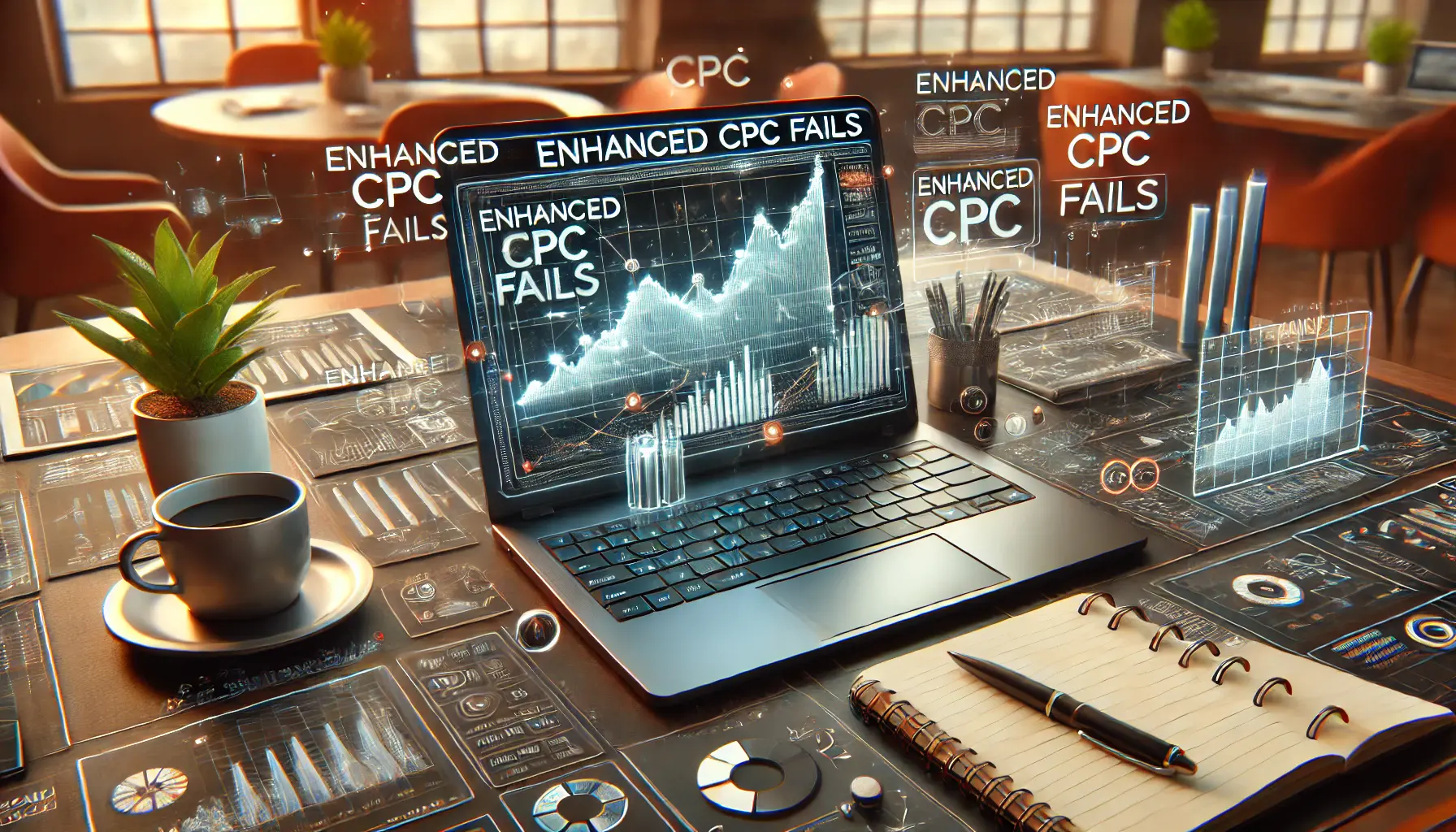
A workspace illustrating situations where Enhanced CPC fails to deliver optimal performance in digital marketing.
Examples of Situations Where Enhanced CPC Fails
There are instances where Enhanced CPC may not deliver the desired outcomes.
Examples include:
- Campaigns that don’t have proper conversion tracking set up, as Enhanced CPC is dependent on conversion data for its decision-making.
- Seasonal or date-sensitive campaigns, which experience sudden fluctuations in user trends that might not get adjusted for in time by the algorithm.
- Accounts with rapidly fluctuating pricing or product stock, as this will significantly impede the normal function of a bidding strategy.
Enhanced CPC is less effective without sufficient data or in highly competitive markets, requiring careful monitoring.
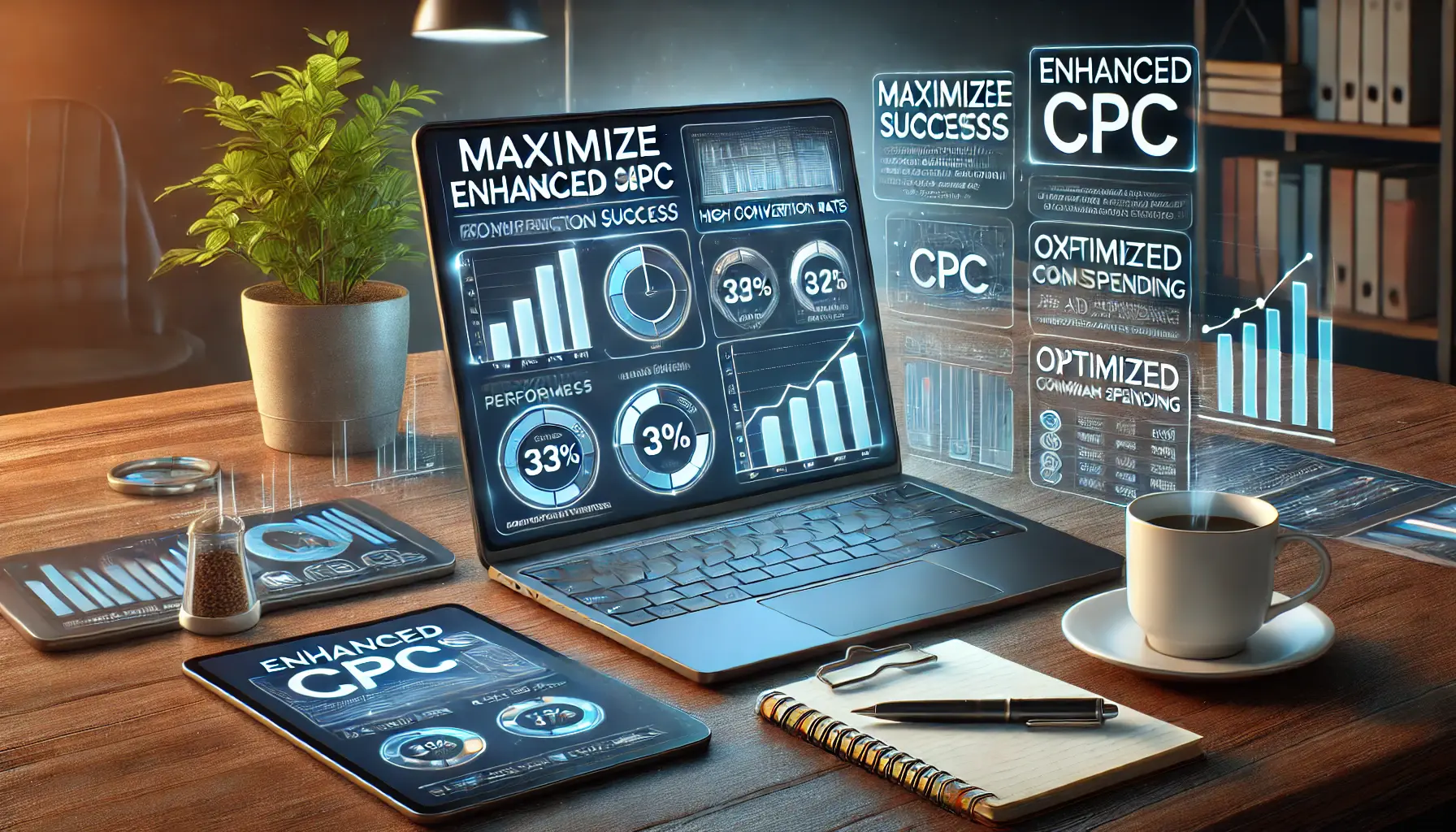
A workspace illustrating strategies to maximize success with Enhanced CPC through optimized ad performance.
How to Maximize Success with Enhanced CPC
To fully realize the value of Enhanced CPC, implementing a few effective strategies can help advertisers ensure it works optimally for their campaigns.
By combining data insights, thoughtful planning, and ongoing optimization, Enhanced CPC can transform your Google Shopping campaigns into significant revenue drivers.
Below are key strategies to maximize success with Enhanced CPC.
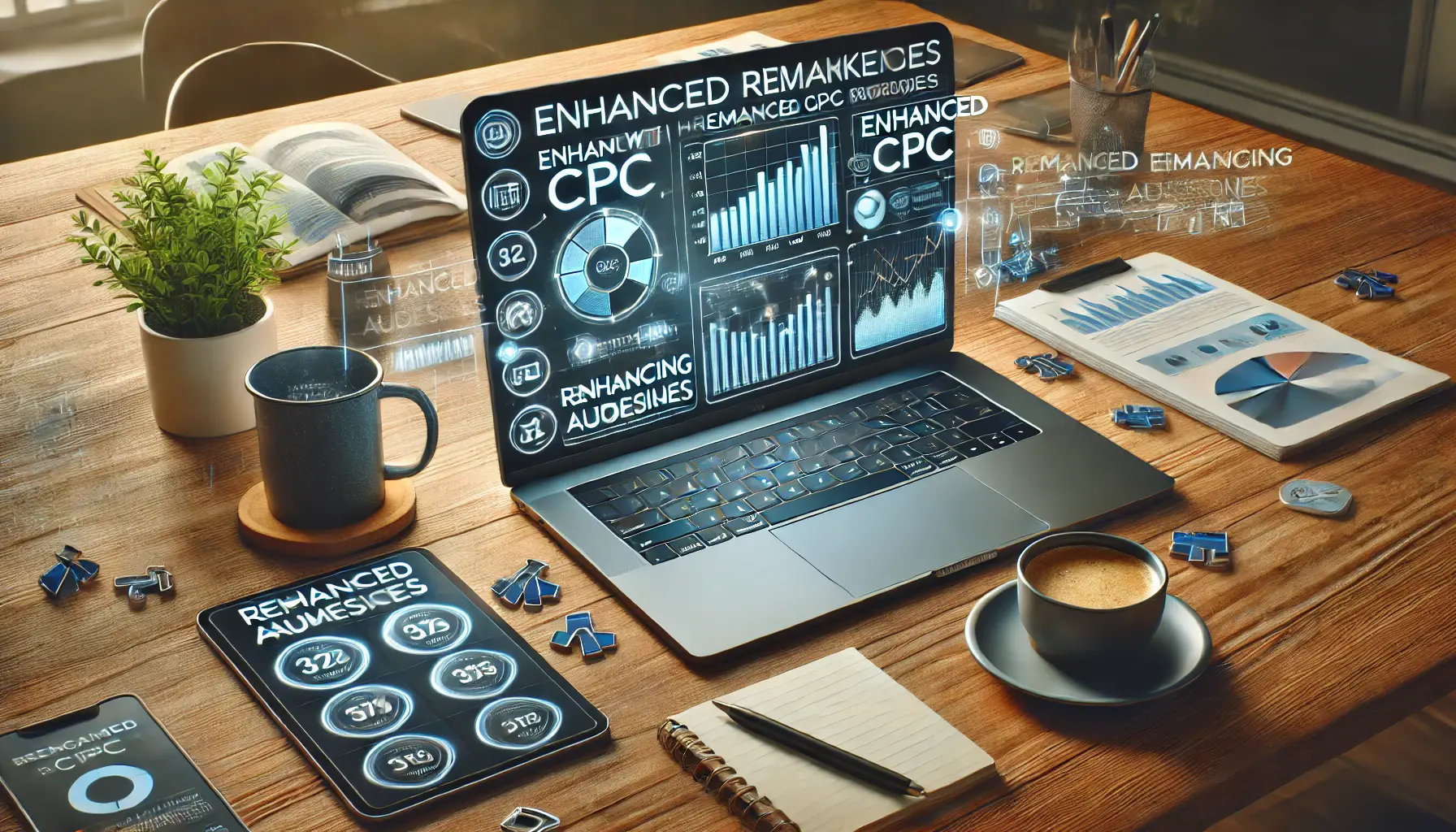
A workspace illustrating the integration of Enhanced CPC with remarketing techniques for optimized campaign performance.
Combining Enhanced CPC with Remarketing Techniques
Enhanced CPC works best when paired with remarketingA strategy to target users who have previously interacted with your brand. strategies that target users who have already interacted with your brand.
This combination helps refine your audience targeting and increases the likelihood of conversions.
To integrate Enhanced CPC with remarketing:
- Build remarketing lists for users who visited product pages or abandoned carts.
- Set higher bid adjustments for these audiences to capture high-intent users.
- Leverage dynamic remarketing ads to deliver personalized content.
This approach ensures that Enhanced CPC focuses your budget on users most likely to convert.
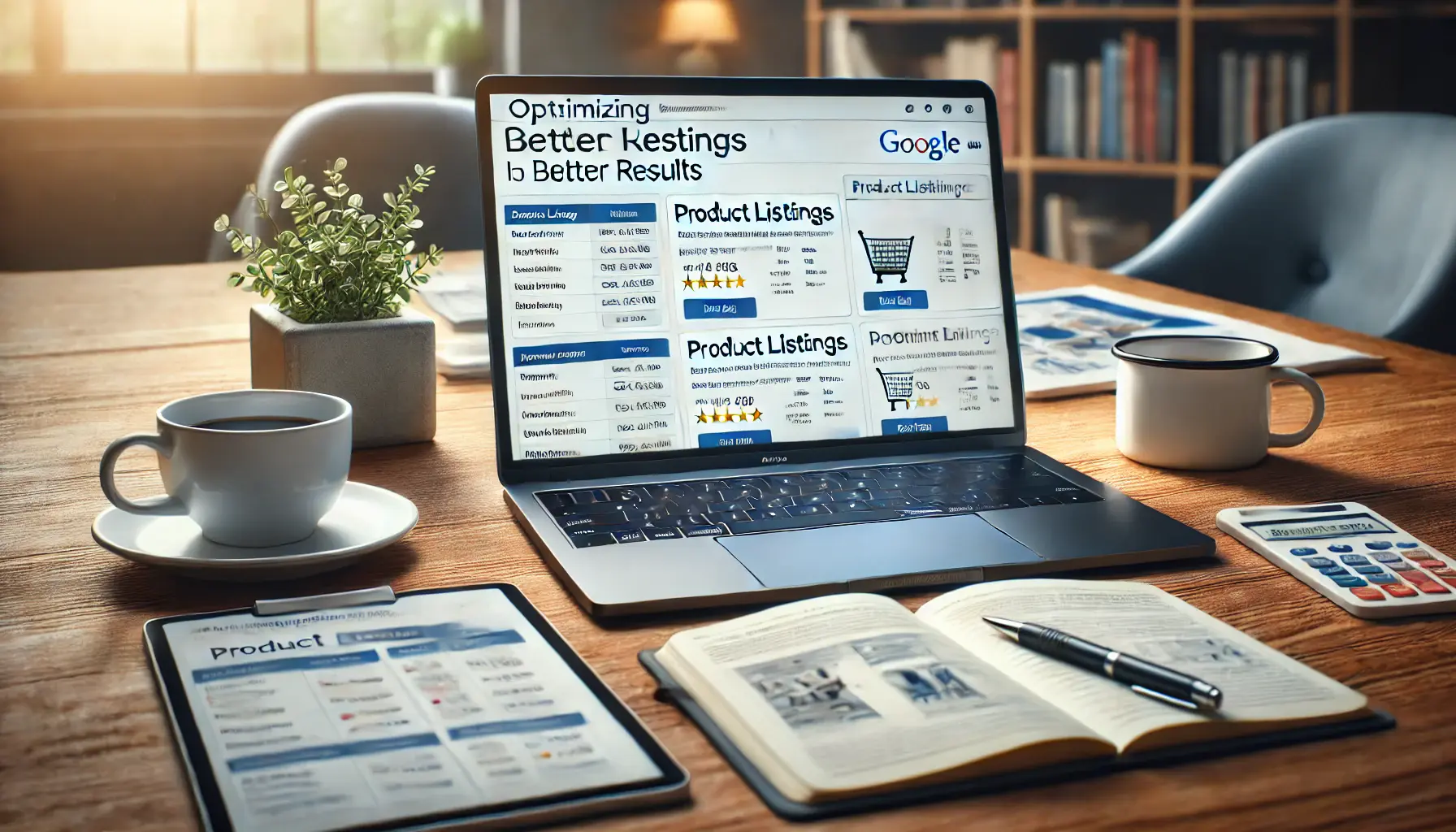
A workspace illustrating the process of optimizing product listings for better results in Google Ads campaigns.
Optimizing Product Listings for Better Results
The effectiveness of Enhanced CPC depends significantly on the quality of your product feed.
Optimized listings improve ad relevance and boost performance:
- Use accurate and descriptive product titles and descriptions.
- Include high-quality images that showcase your products effectively.
- Ensure that pricing and availability are updated regularly to maintain accuracy.
These improvements increase your chances of securing higher ad placements and better click-through rates.
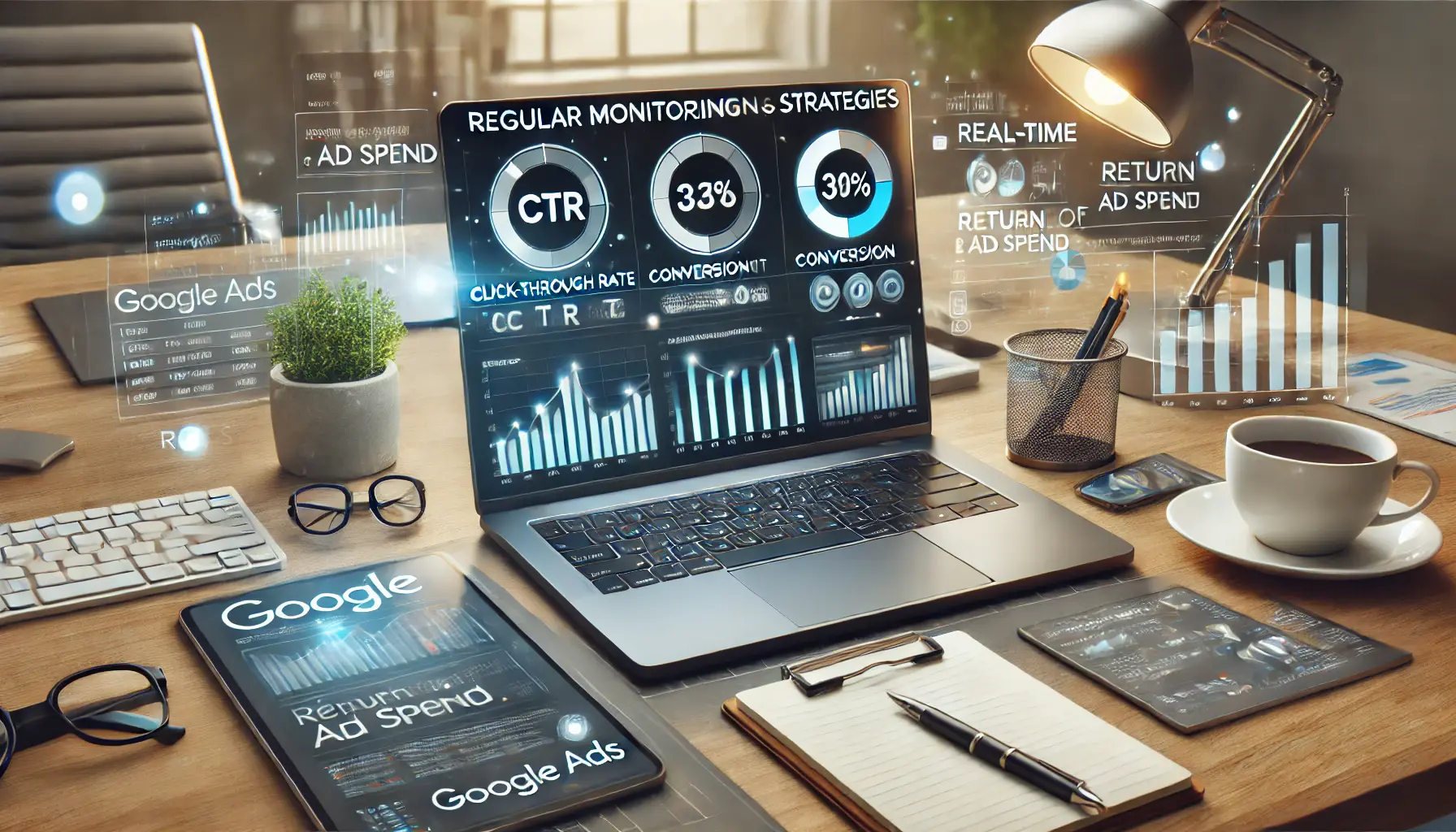
A workspace illustrating the importance of regular monitoring and adjustment strategies for optimizing Google Ads campaigns.
Regular Monitoring and Adjustment Strategies
Although Enhanced CPC automates bid adjustments, regular monitoring is essential to maintain optimal performance:
- Analyze campaign performance metrics such as CTR, conversion rates, and ROAS.
- Identify underperforming product groups and adjust segmentation accordingly.
- Refine keyword lists by adding negatives to filter irrelevant traffic.
Consistent monitoring ensures that Enhanced CPC aligns with your evolving campaign goals.
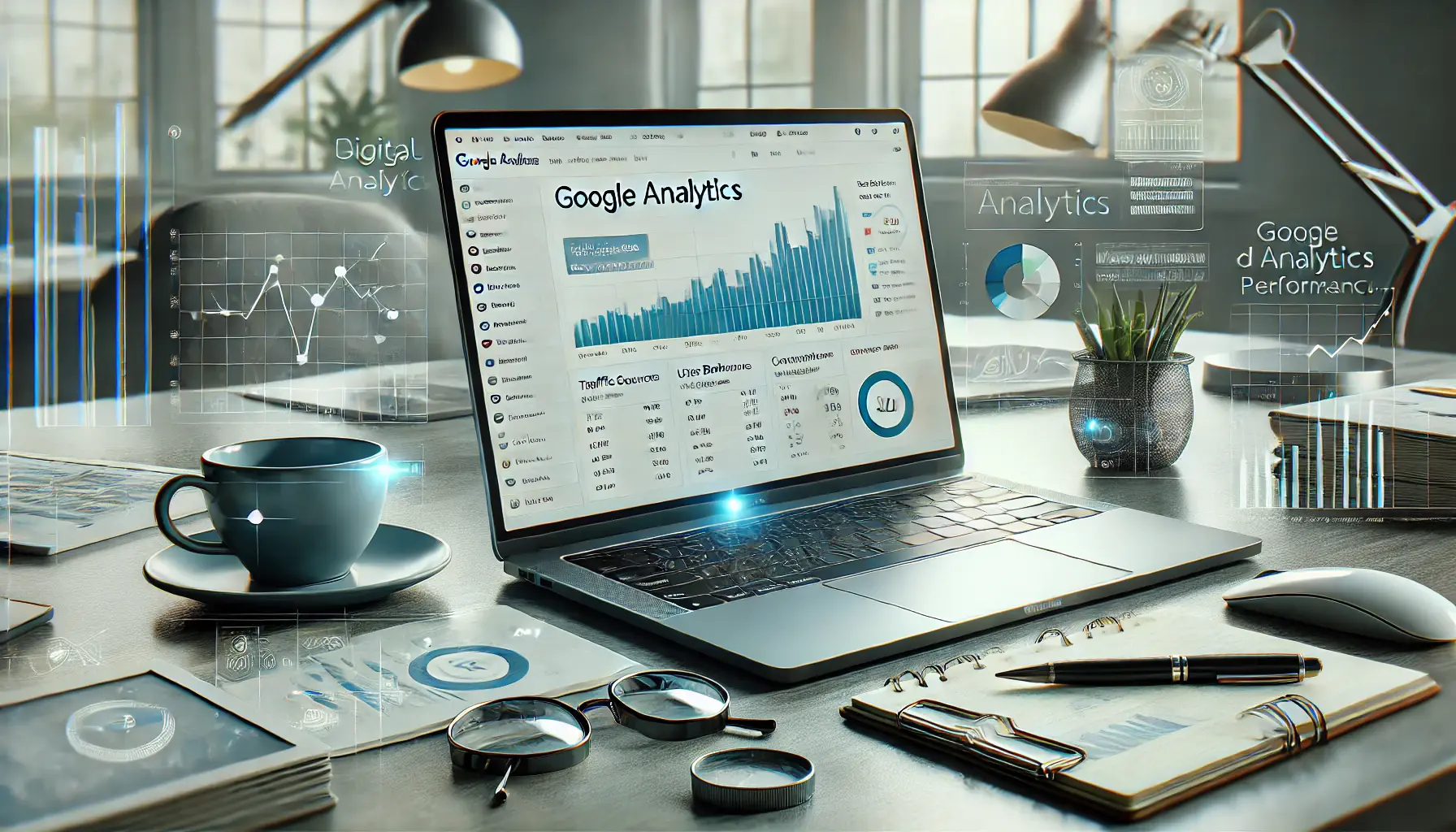
A workspace illustrating the use of Google Analytics to track and analyze performance metrics for digital marketing campaigns.
Utilizing Google Analytics to Track Performance
Google Analytics provides valuable insights that can enhance your Enhanced CPC campaigns.
By tracking user behavior and campaign performance, you can make informed adjustments:
- Monitor user pathways to identify areas for improvement in your sales funnel.
- Analyze audience demographics and interests for better targeting.
- Track multi-channel attribution to understand the role of Enhanced CPC in conversions.
These insights help fine-tune your strategies and maximize the return on your advertising spend.
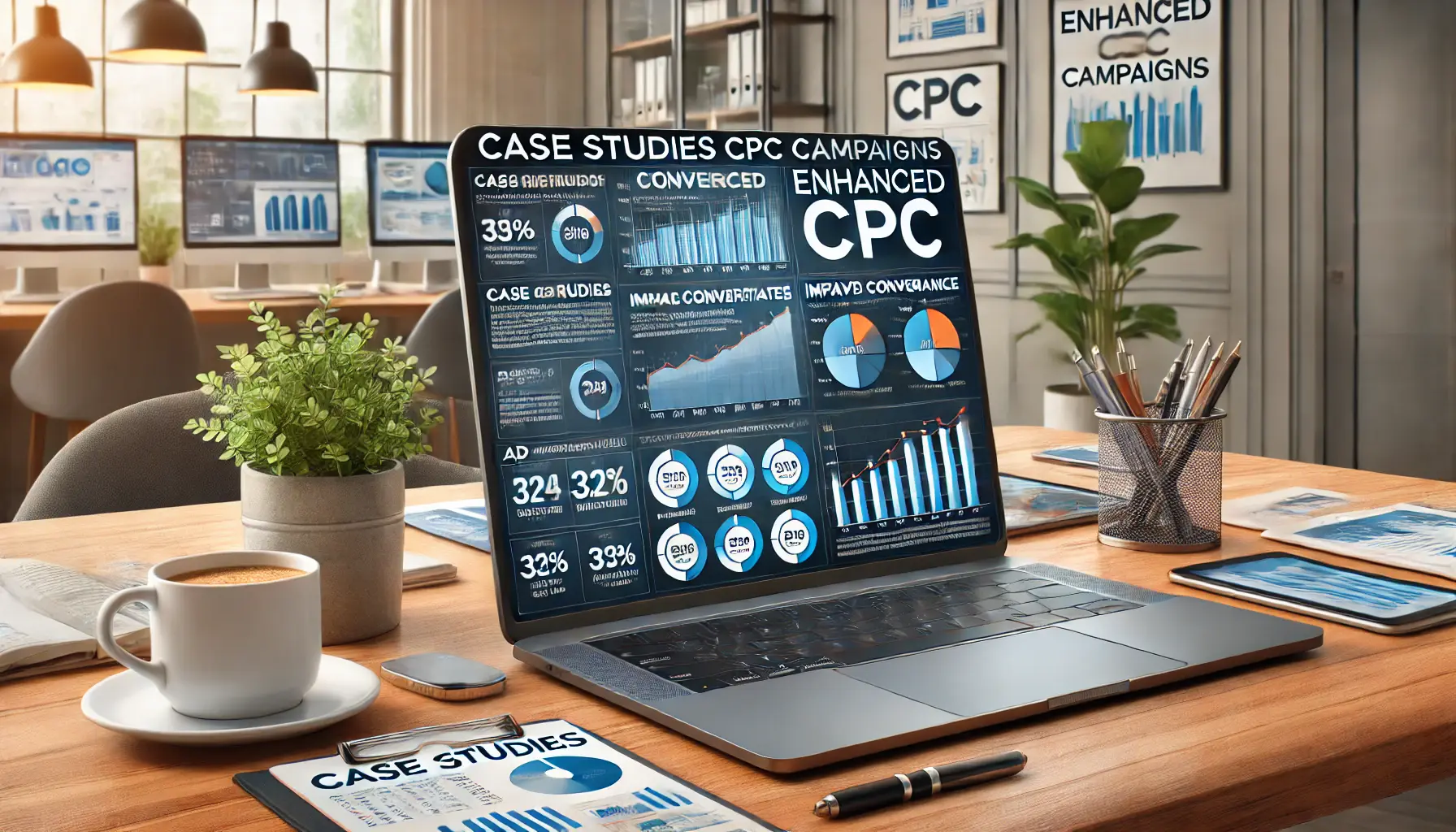
A workspace illustrating the analysis of case studies from successful Enhanced CPC campaigns.
Case Studies of Successful Enhanced CPC Campaigns
Learning from real-world examples can provide inspiration and guidance for your campaigns.
Case studies often highlight strategies and adjustments that lead to success:
- Explore how brands used Enhanced CPC to achieve goals like increasing ROAS or decreasing CPA.
- Identify what went wrong in other campaigns and how those mistakes were resolved.
- Apply proven techniques tailored to your specific business objectives.
Case studies demonstrate how versatile and powerful Enhanced CPC can be when applied correctly.
By implementing these strategies, you can unlock the true potential of Enhanced CPC and ensure outstanding performance in your Google Shopping campaigns.
Combine Enhanced CPC with remarketing techniques and optimize product listings to achieve the best results.
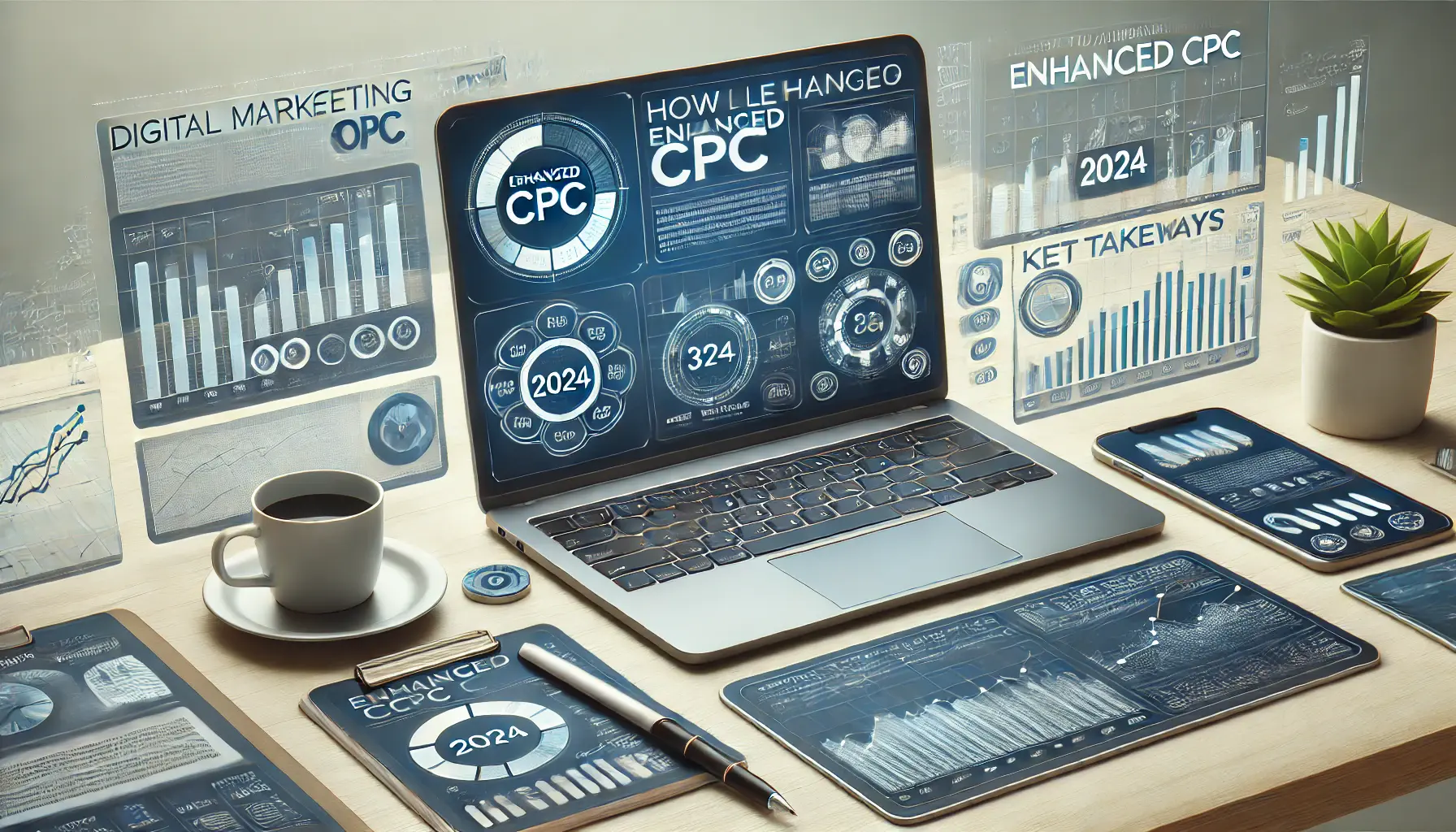
A workspace illustrating key strategies for leveraging Enhanced CPC to optimize campaign results in 2024.
Key Takeaways on How to Leverage Enhanced CPC in 2024
Enhanced CPC has revolutionized the way advertisers optimize Google Shopping campaigns.
By leveraging advanced machine learning, this strategy ensures higher conversion rates, improved ad performance, and maximum returns on investment.
To make the most of Enhanced CPC in 2024, advertisers need to understand its mechanics, benefits, limitations, and best practices.
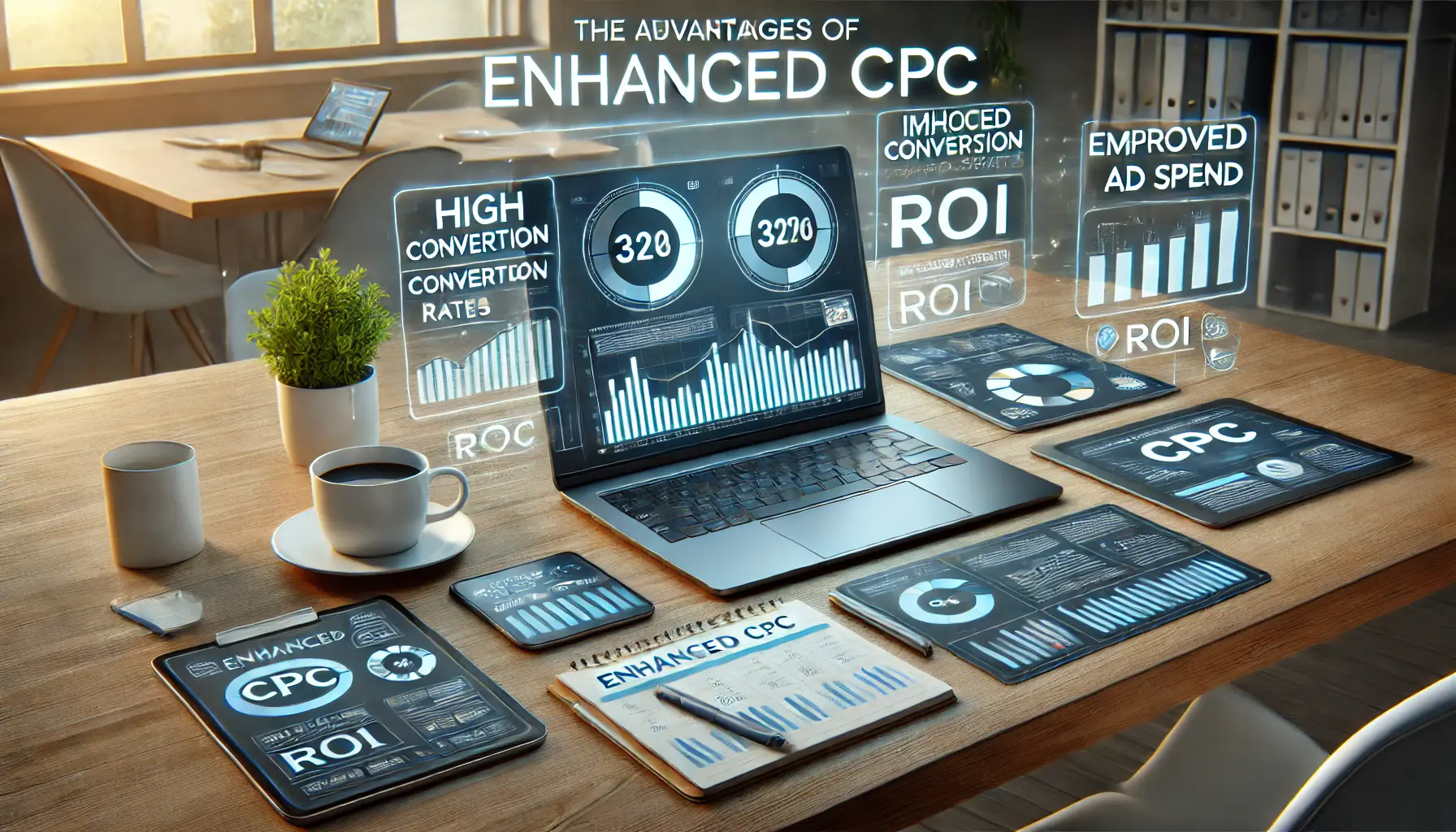
A workspace illustrating the advantages of Enhanced CPC in improving ad campaign performance.
Recapping the Advantages of Enhanced CPC
What truly sets Enhanced CPC apart is its ability to dynamically adjust bids based on changing data and real conversion probabilities.
It balances automation with strategic control, making it an ideal choice for advertisers seeking both efficiency and performance.
Key advantages include:
- Increased conversion rates through smarter bidding decisions.
- Optimized ad spend by focusing on high-value clicks.
- Improved insights into audience behavior and campaign performance.
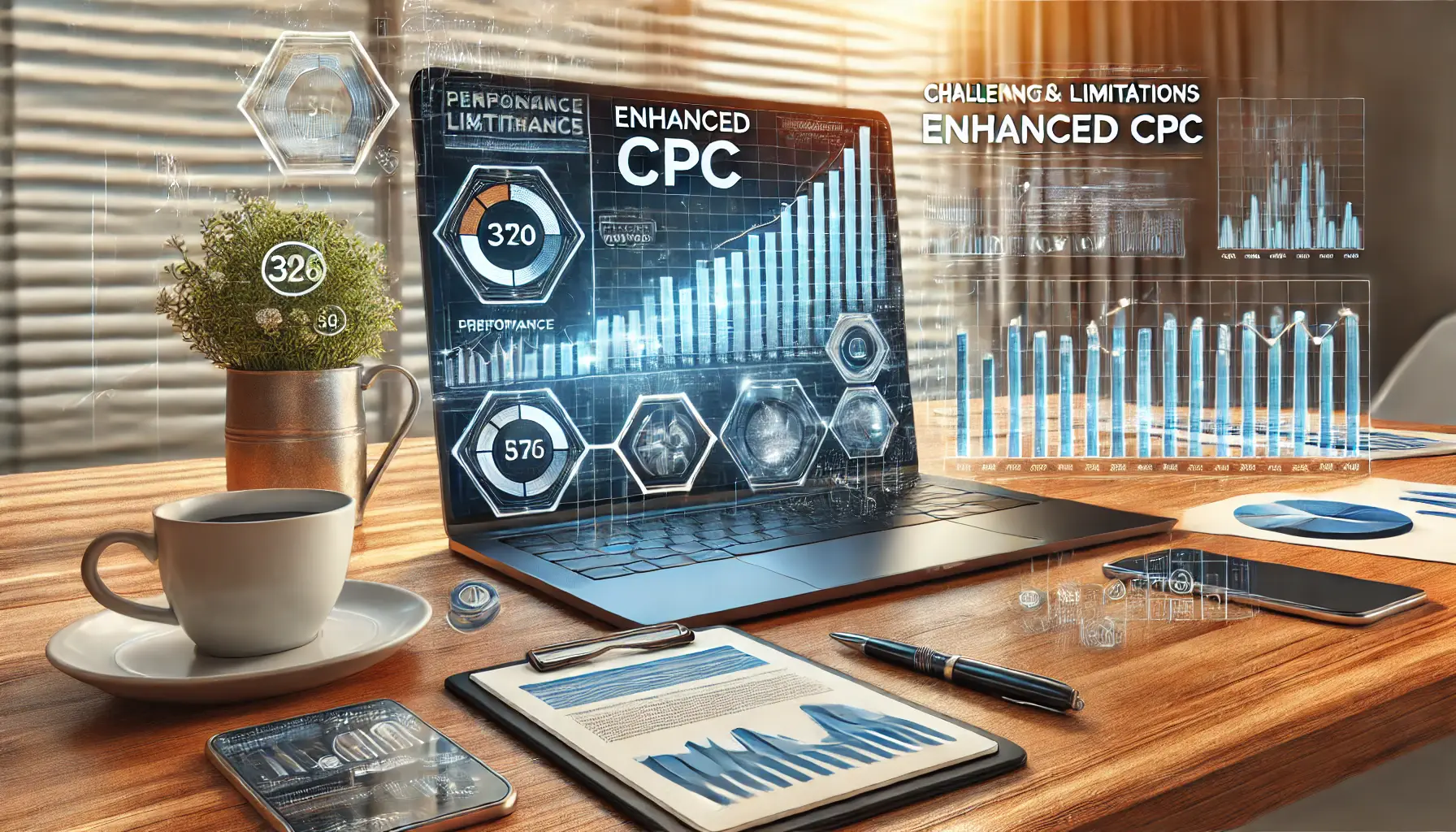
A workspace illustrating the process of addressing challenges and limitations in Enhanced CPC campaigns.
Addressing Challenges and Limitations
Despite its strengths, Enhanced CPC is not without its challenges.
Advertisers should remain vigilant about potential drawbacks, such as reliance on accurate data and the need for budget oversight.
Strategies to mitigate these challenges include:
- Ensuring sufficient historical data for effective bid adjustments.
- Setting realistic budgets and using bid caps to control costs.
- Balancing automation with manual monitoring to fine-tune campaigns.
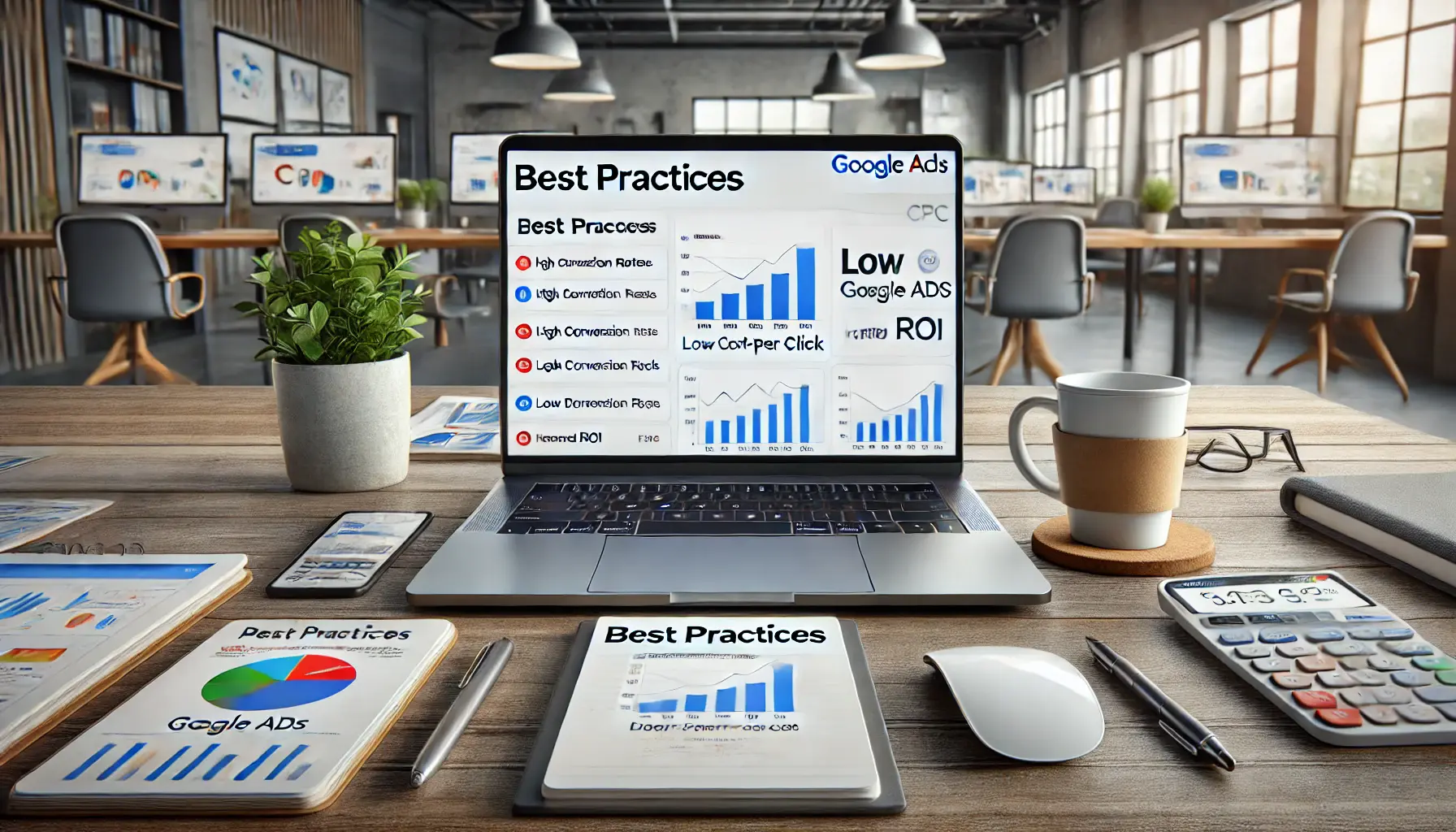
A workspace illustrating the application of best practices to maximize success with Enhanced CPC in digital marketing campaigns.
Maximizing Success with Best Practices
To achieve optimal results, advertisers should adopt a comprehensive approach to Enhanced CPC implementation.
Key strategies include:
- Combining Enhanced CPC with remarketing techniques to target high-intent audiences.
- Optimizing product listings for better ad placements and click-through rates.
- Regularly monitoring performance metrics to refine campaign strategies.
- Leveraging tools like Google Analytics to track user behavior and conversions.

A workspace symbolizing a forward-thinking approach to planning for future digital marketing success.
Looking Ahead
As digital advertising evolves, Enhanced CPC remains a cornerstone strategy for Google Shopping campaigns.
By understanding its features and aligning them with your business objectives, you can outshine competitors in 2024.
Enhanced CPC not only simplifies campaign management but also ensures measurable results.
It is an indispensable tool for advertisers aiming to scale their success.
With the right mix of planning, execution, and optimization, Enhanced CPC unlocks new opportunities for growth and profitability in your Google Shopping campaigns.
Embrace its potential to elevate your advertising efforts and achieve your marketing goals in 2024 and beyond.
Enhanced CPC is a cornerstone strategy for advertisers looking to optimize Google Shopping campaigns effectively.
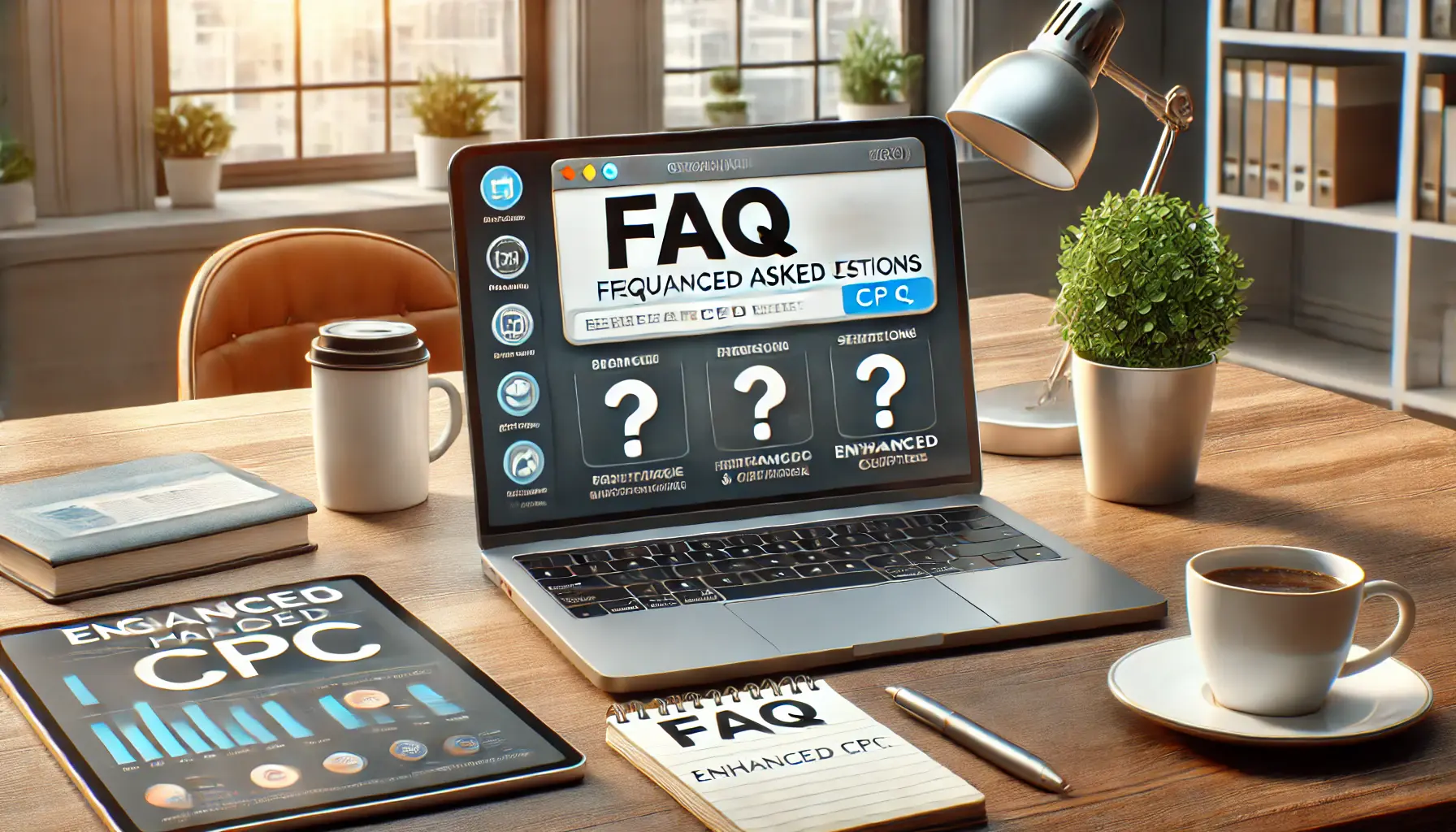
A workspace symbolizing the exploration of frequently asked questions about Enhanced CPC in digital marketing.
Your campaigns can be managed by an agency specialized in Google Ads, check out our service page.
Frequently Asked Questions About Enhanced CPC
Here are some of the most common questions advertisers have about Enhanced CPC and its application in Google Shopping campaigns.
These answers aim to clarify its functionality, benefits, and best practices for achieving optimal results.
Enhanced CPC (Cost-Per-Click) is a bidding strategy that uses machine learning to adjust bids dynamically based on the likelihood of a conversion, optimizing ad spend and performance.
Enhanced CPC increases bids for high-conversion opportunities and reduces them for low-potential clicks, helping to maximize ROI and improve the efficiency of ad spend.
Yes, it can be used in conjunction with other strategies, such as Target ROASReturn on Ad Spend, a metric for measuring advertising efficiency. or Maximize Conversions, to achieve specific campaign goals while retaining dynamic bid adjustments.
The main benefits of Enhanced CPC include higher conversion rates, better audience targeting, and improved ad performance using real-time data and predictive algorithms.
Challenges include dependency on accurate conversion tracking, sufficient historical data, and balancing automation with manual oversight to fine-tune campaigns effectively.
Ensure product titles and descriptions are detailed and accurate, use high-quality images, and keep pricing and availability updated to boost relevance and click-through rates.
Yes, Enhanced CPC can work for small budgets, but setting realistic daily limits and monitoring performance regularly is critical to prevent overspending.
Enhanced CPC can be effective in competitive markets but may require careful monitoring and bid capsLimits set to prevent bids from exceeding a certain amount. to avoid inflated costs without compromising ROI.
Enhanced CPC may not be ideal for new campaigns with limited historical data as it relies on past performance to make accurate bid adjustments.
